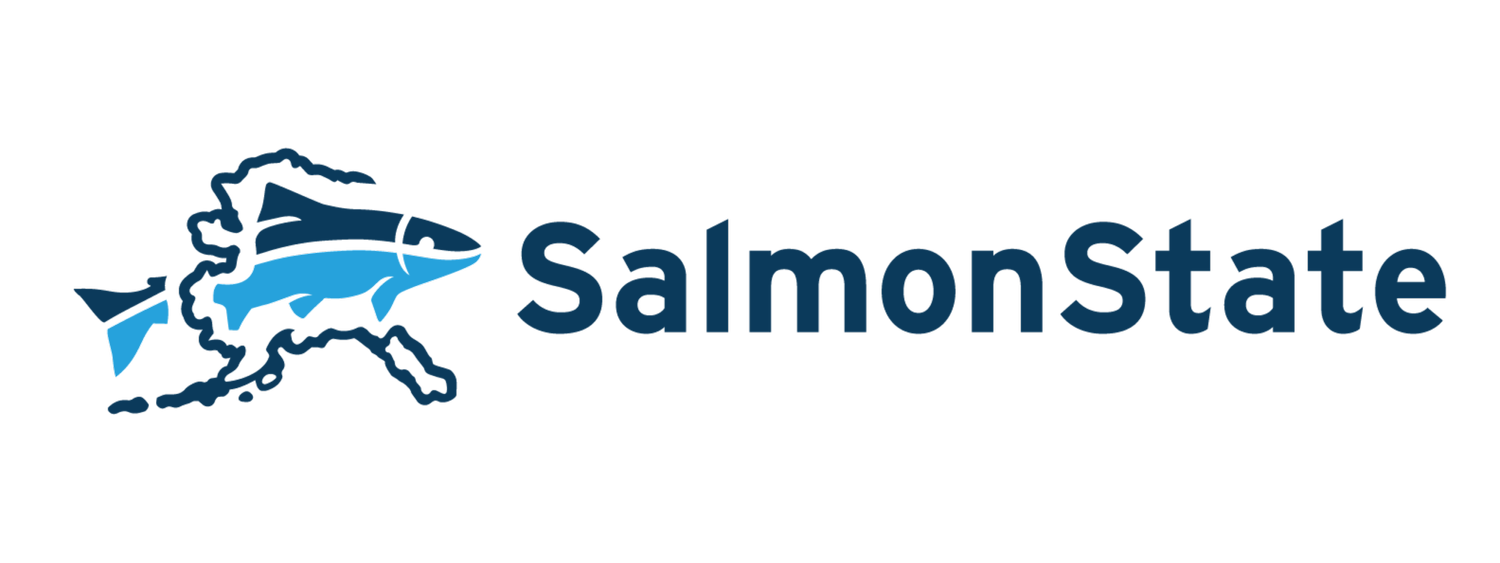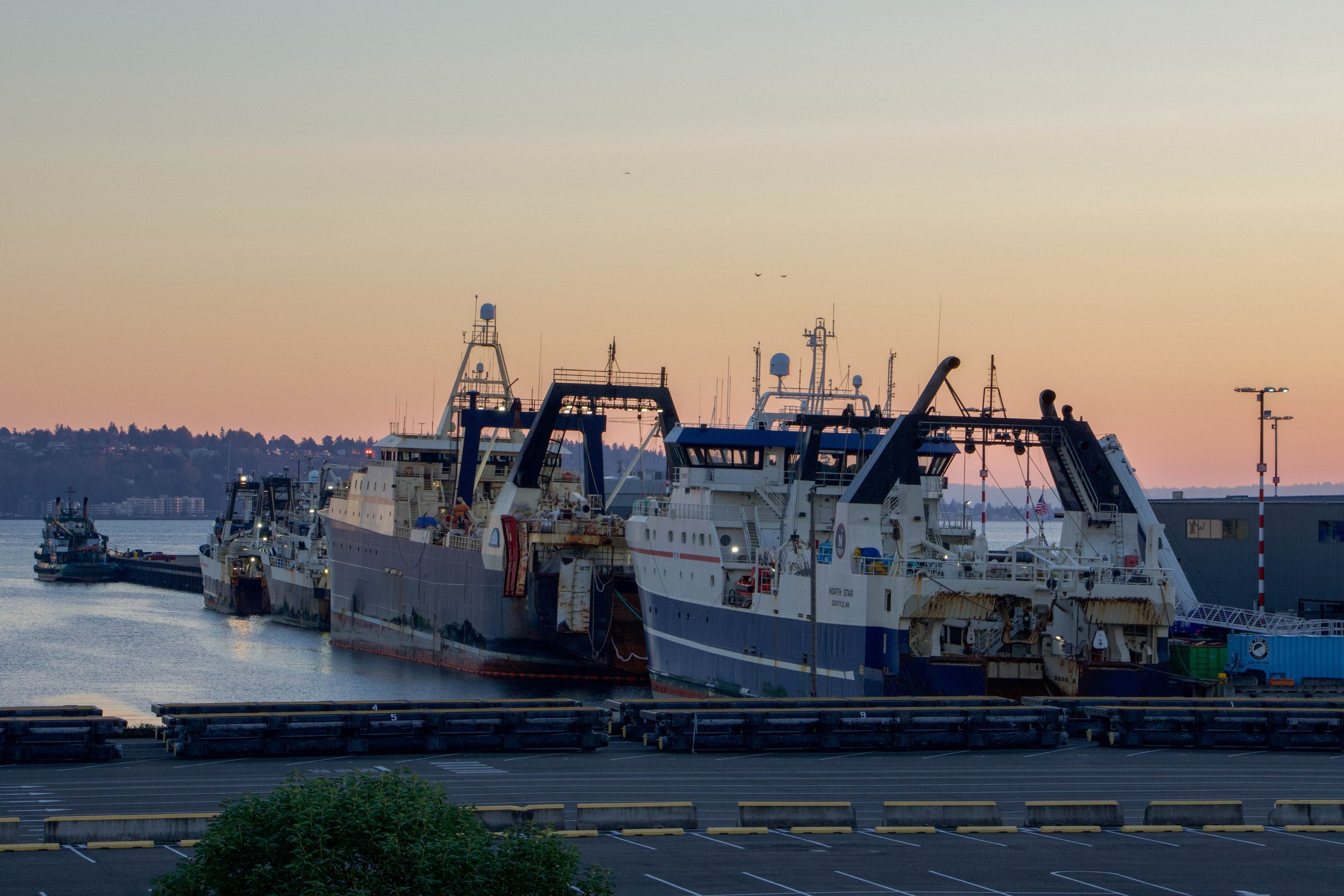
Ban Bottom Trawling
We asked Alaskans. How should trawl bycatch be addressed? Survey says: Ban Bottom Trawling
Add your name to the petition below to call on our elected leaders to introduce federal legislation that does just that. Survey results >>>
The Trawl-Free Table is our promise to catch (or choose) our fish with care, cook with joy, and serve recipes that taste like the Alaska we want to hand down to our kids.
The Trawl-Free Table is brought to you by Fish Alaska magazine, The Kannery, and SalmonState
Come see us at events in 2026
‘Ocean with David Attenborough’ in Cordova, AK, February 7th at 3:00 pm. Details here
‘Ocean with David Attenborough’ in Valdez, AK, February 11th at 6:30 pm. Details here
‘Ocean with David Attenborough’ in Nome, AK, February 18th at 6:30 pm. Details here
The Anchorage Boat Show in Anchorage, AK, from February 20th - 22nd. Details here
The Great Alaska Sportsman Show in Anchorage, AK, from March 6th - 8th. Details here
Mat-Su Outdoorsman Show in Wasilla, AK, from April 17th - 19th. Details here
Want to show your support with a stop wasteful trawl bycatch sticker? Send your mailing address to ryan@salmonstate.org and we will be happy to mail it to you.
Stickers are also available at B&J Sporting Goods in Anchorage; Ashore Water Taxi and The Kannery in Homer; Main Street Tap & Grill in Kenai. Are you interested in becoming a business supporter? Sign up here
Hats and shirts can be found at our gear store.

Businesses for Stopping Wasteful Trawl Bycatch
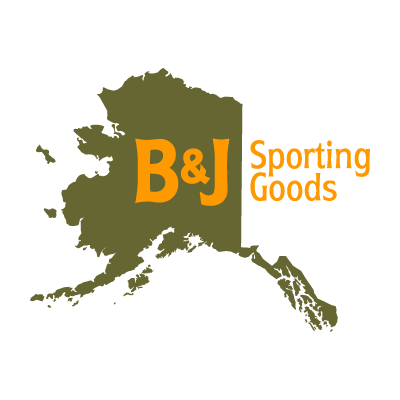
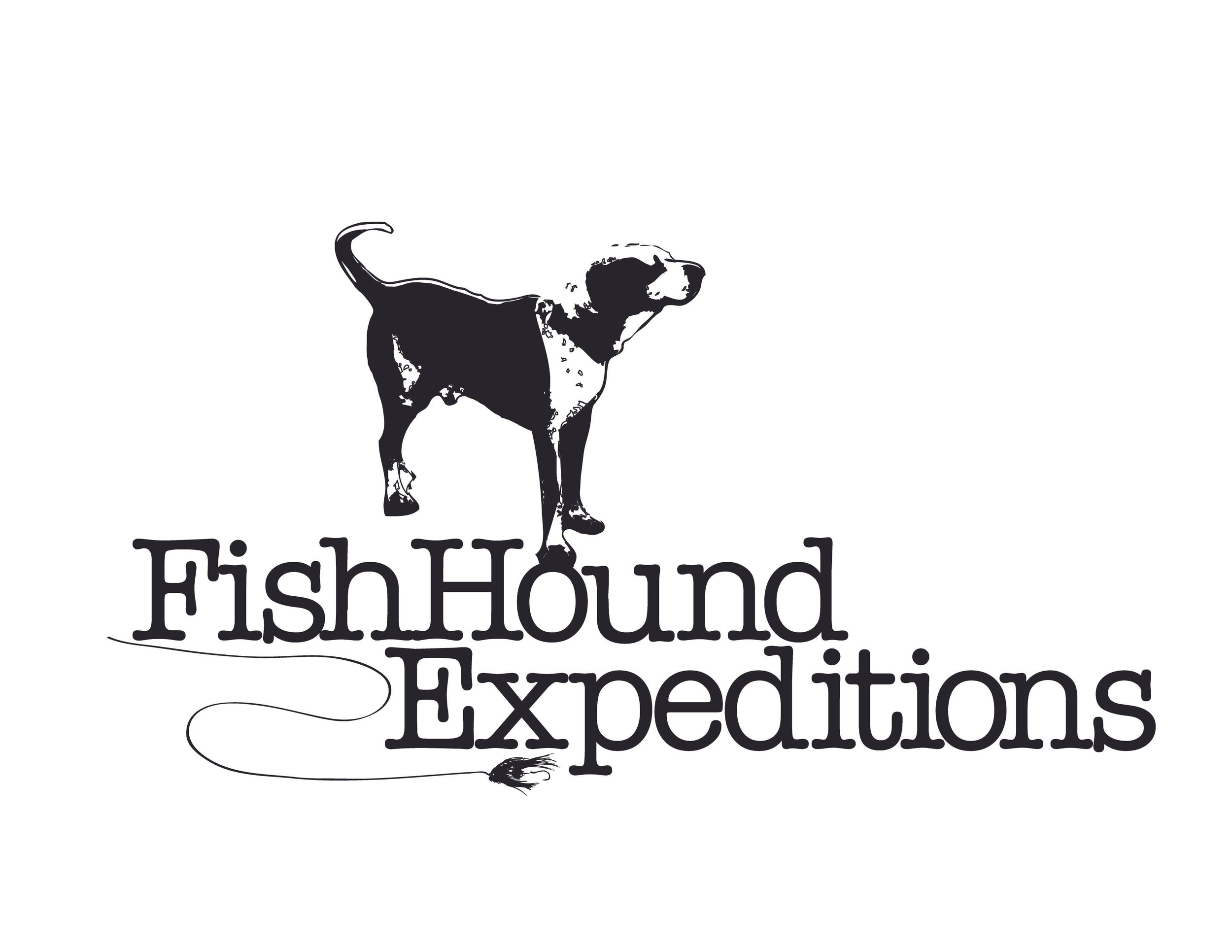

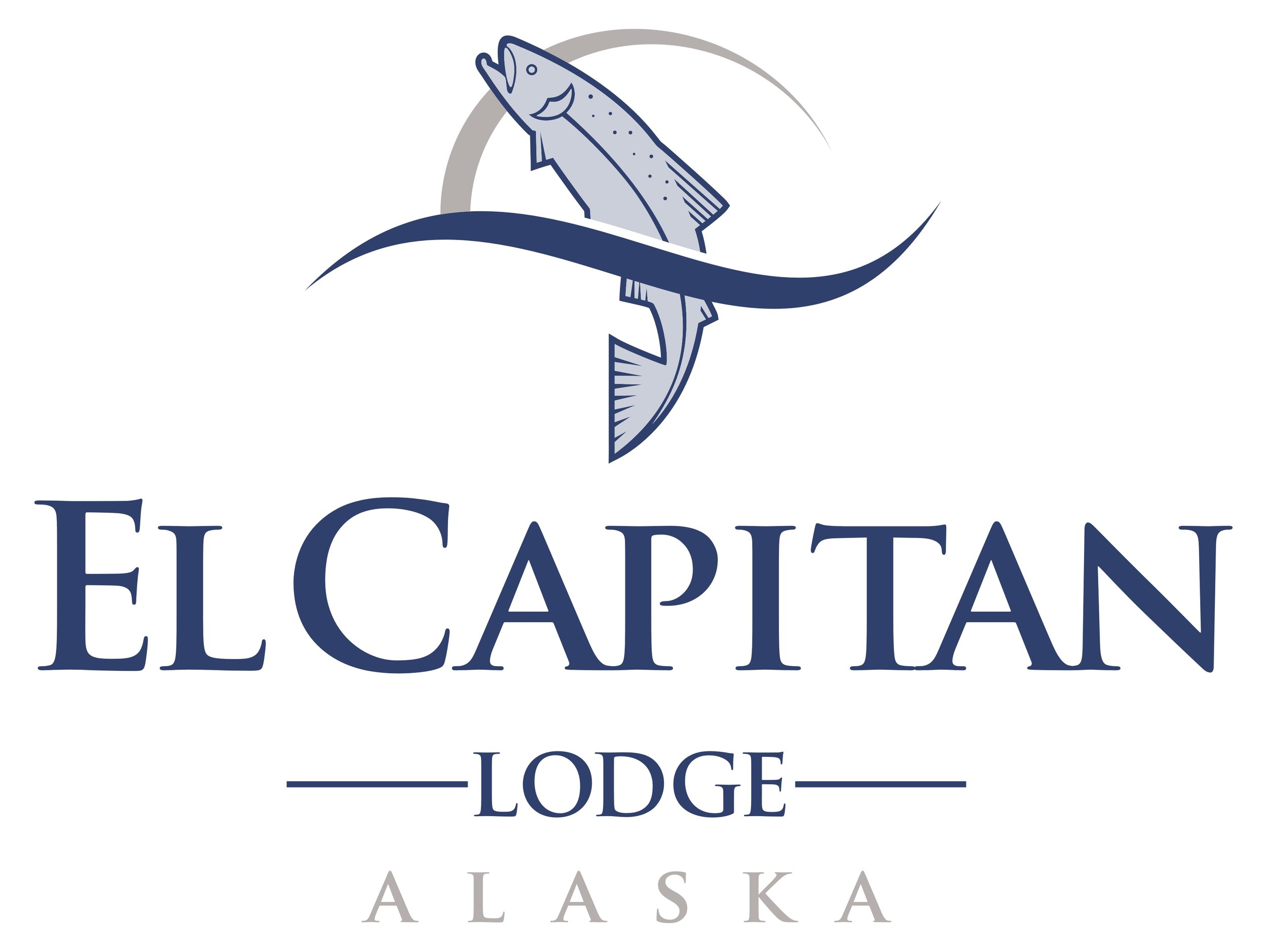
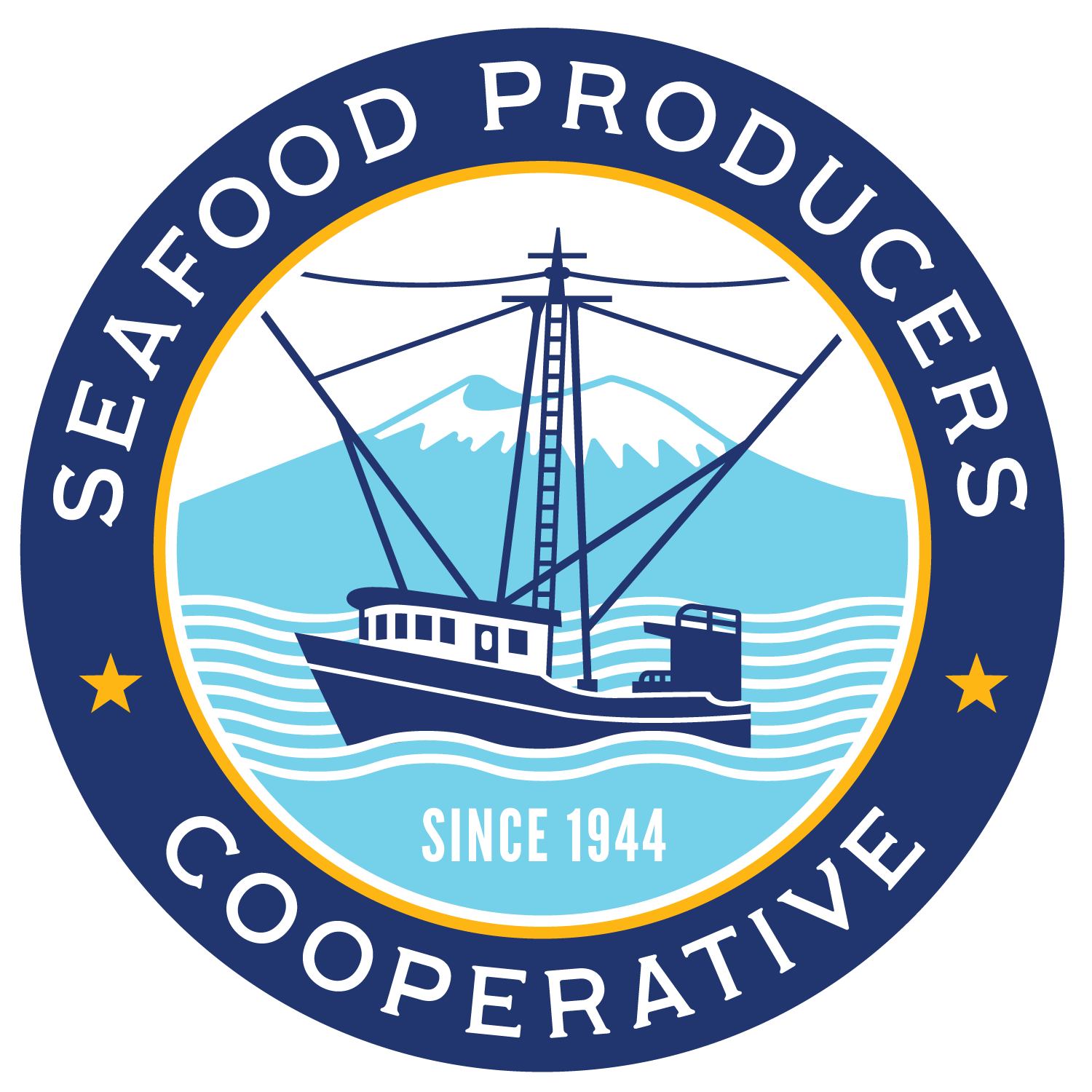

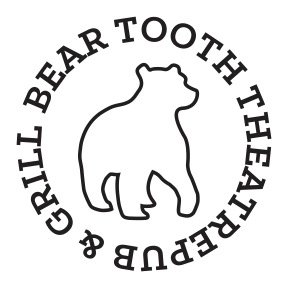
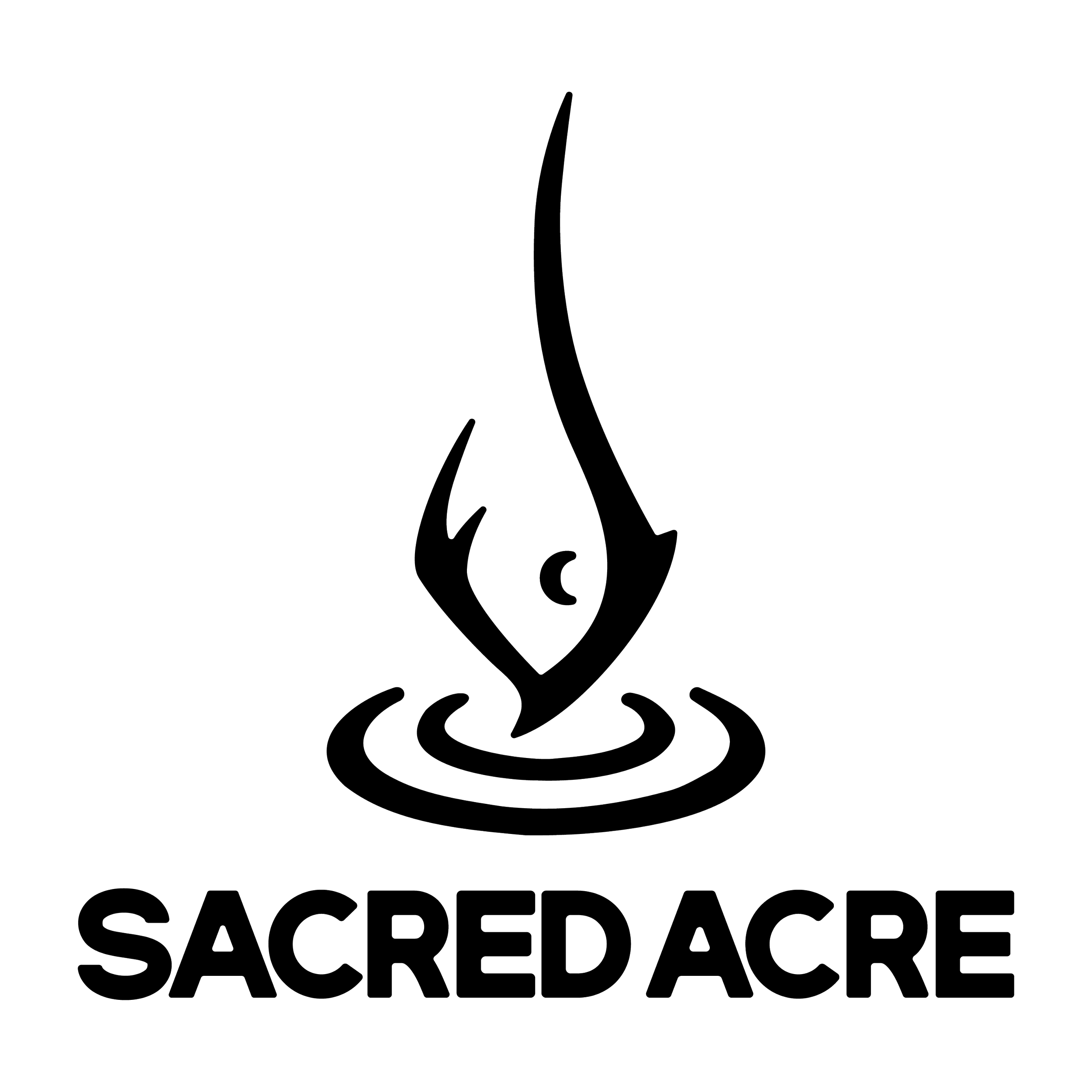

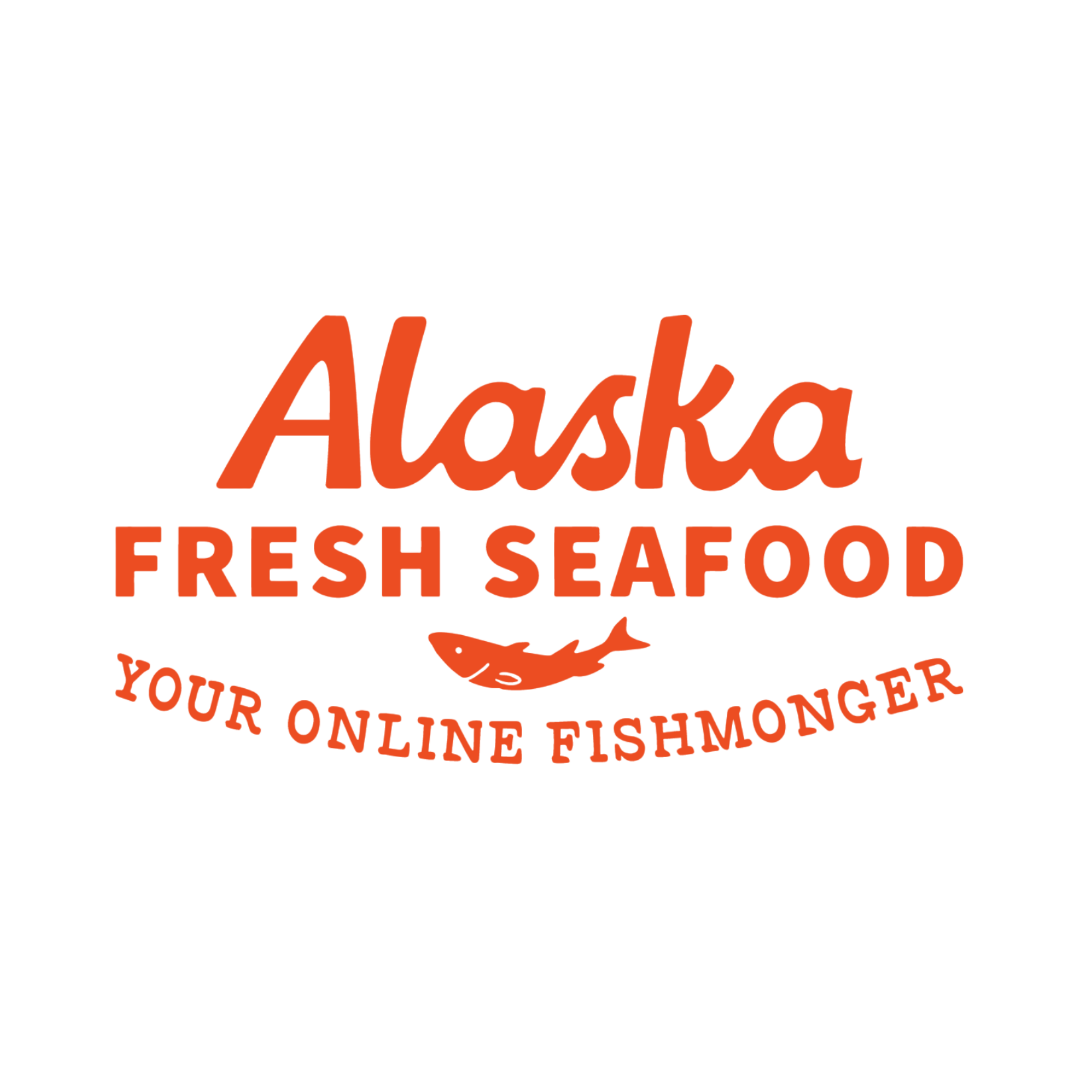
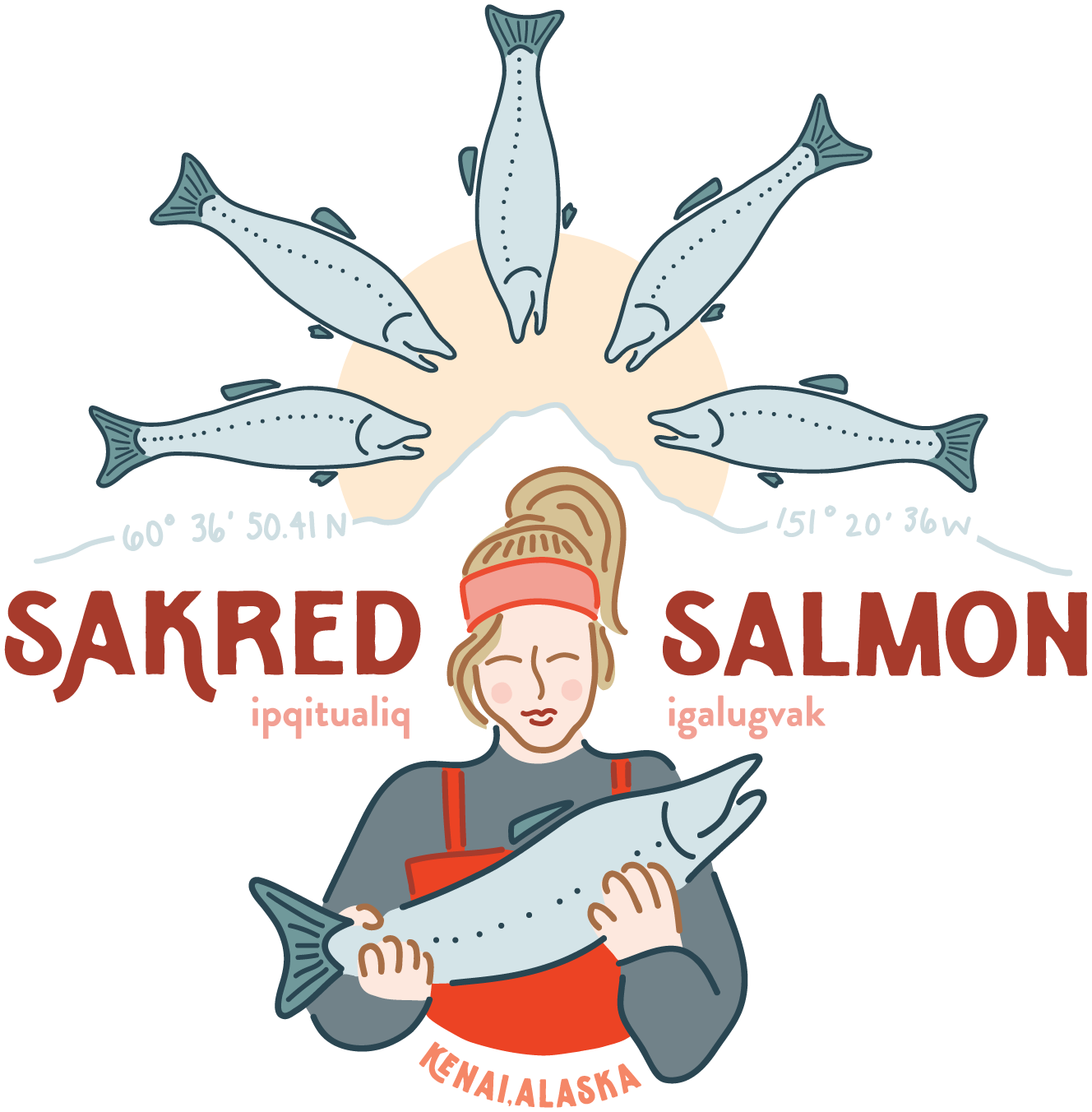
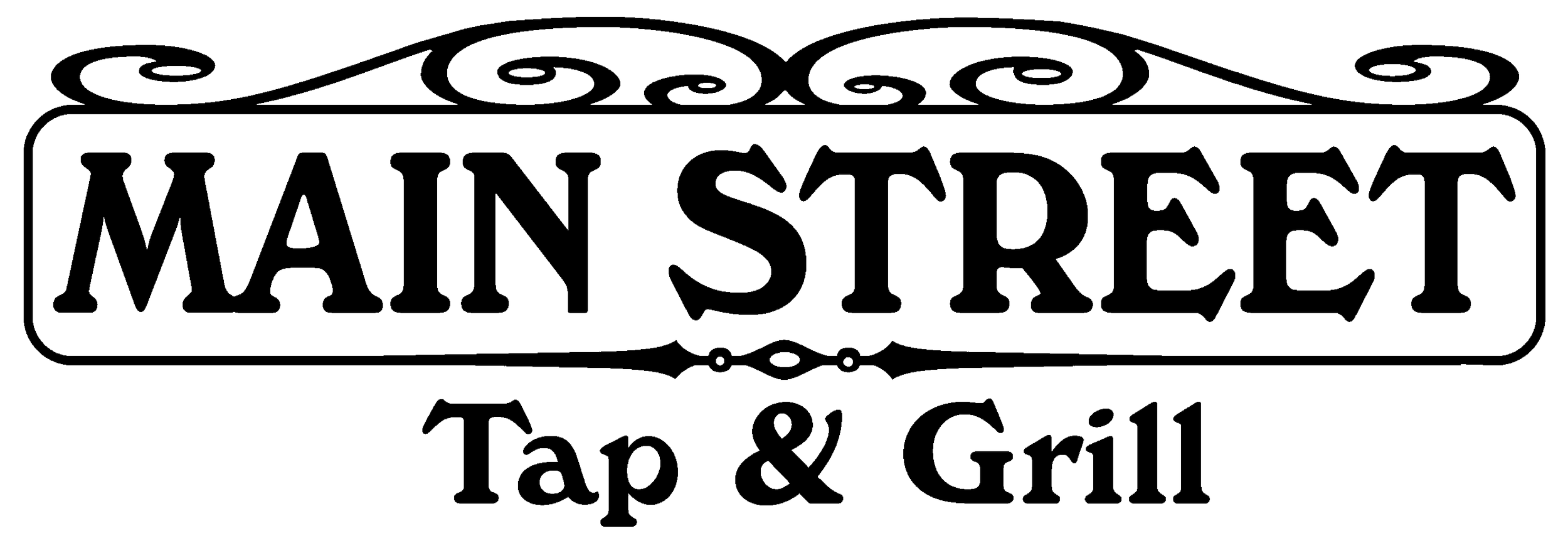
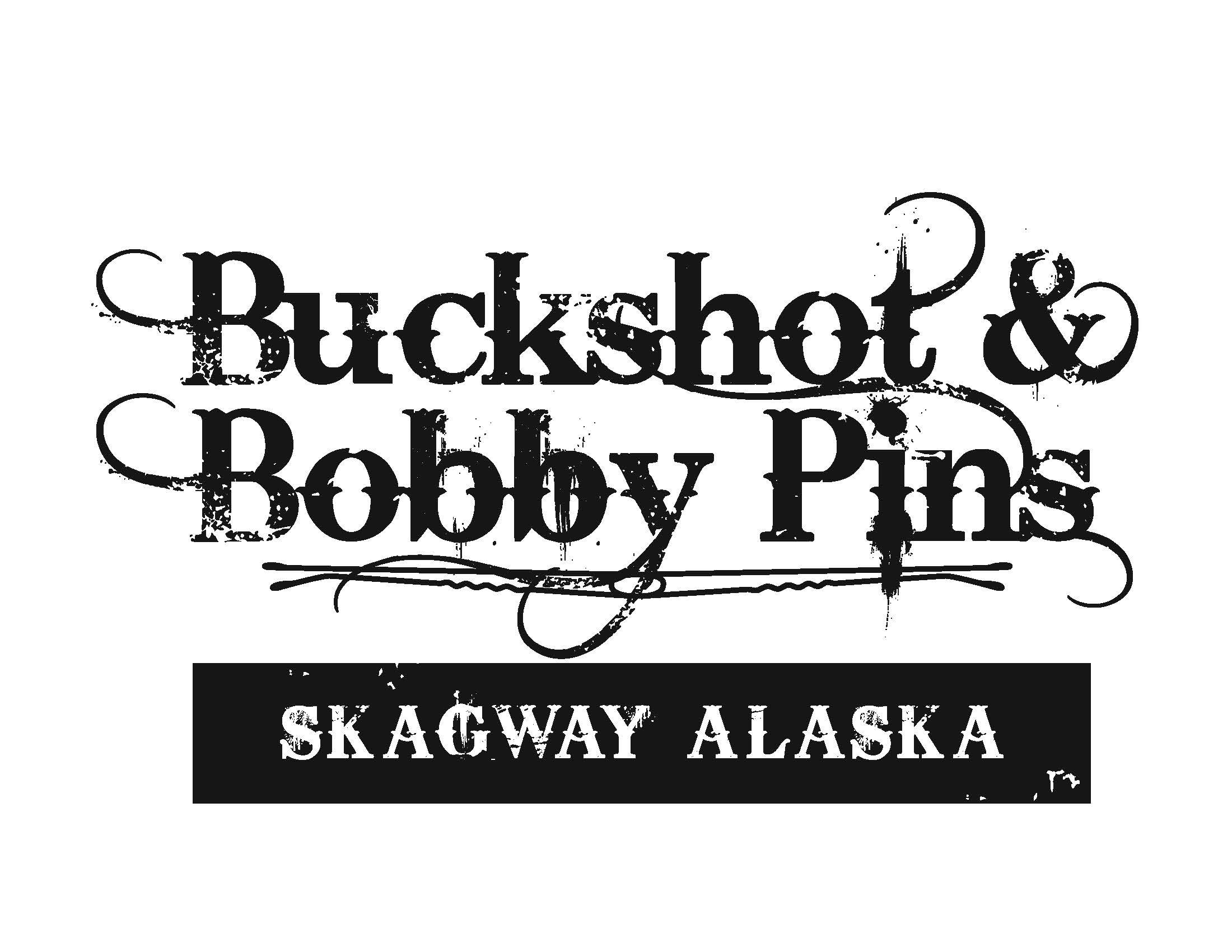


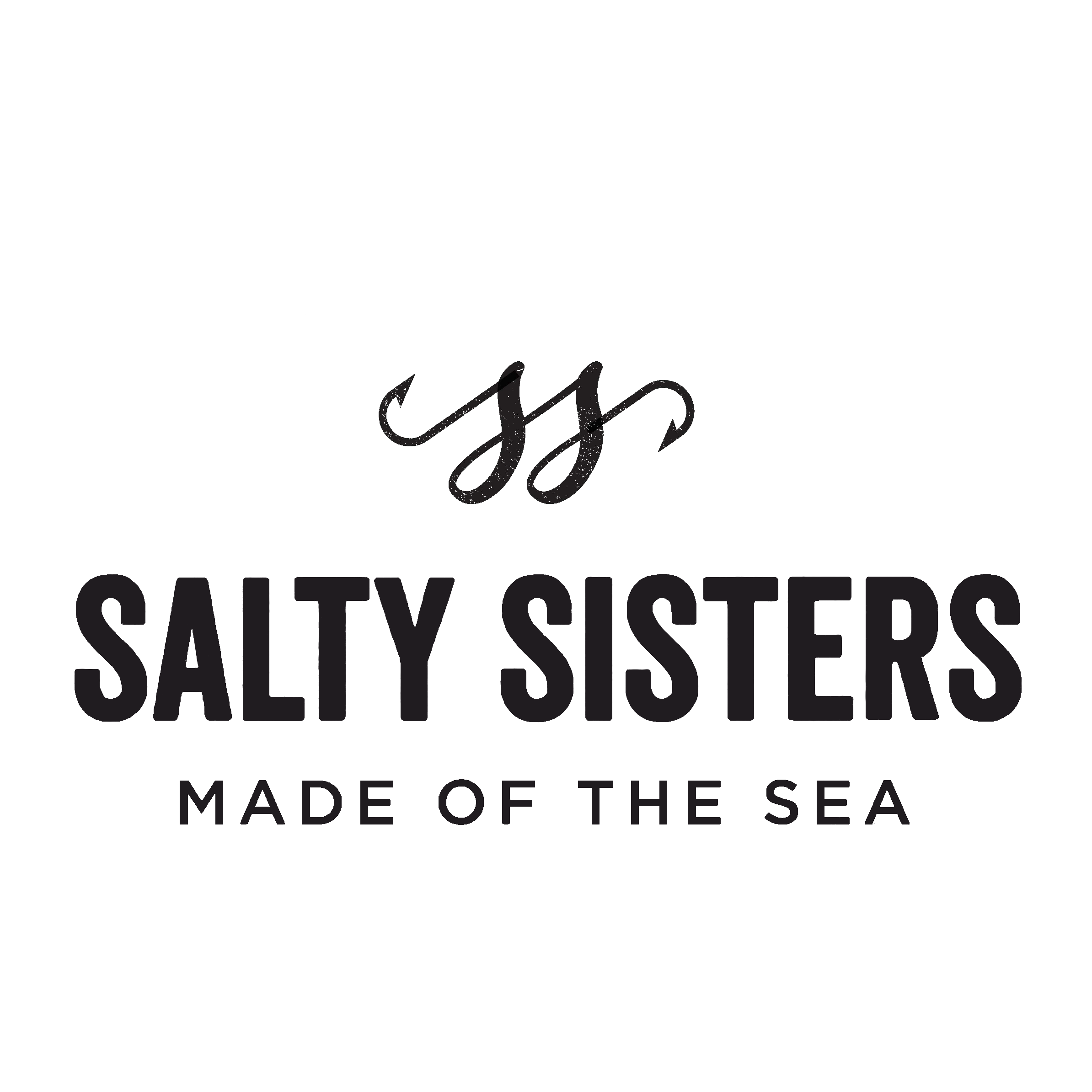
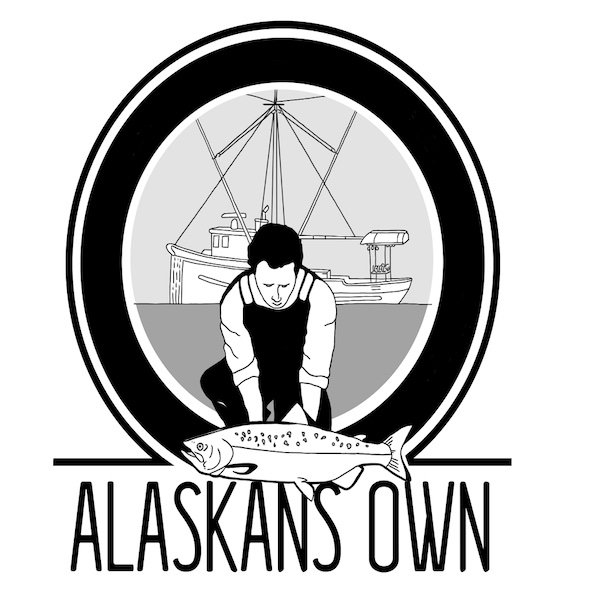
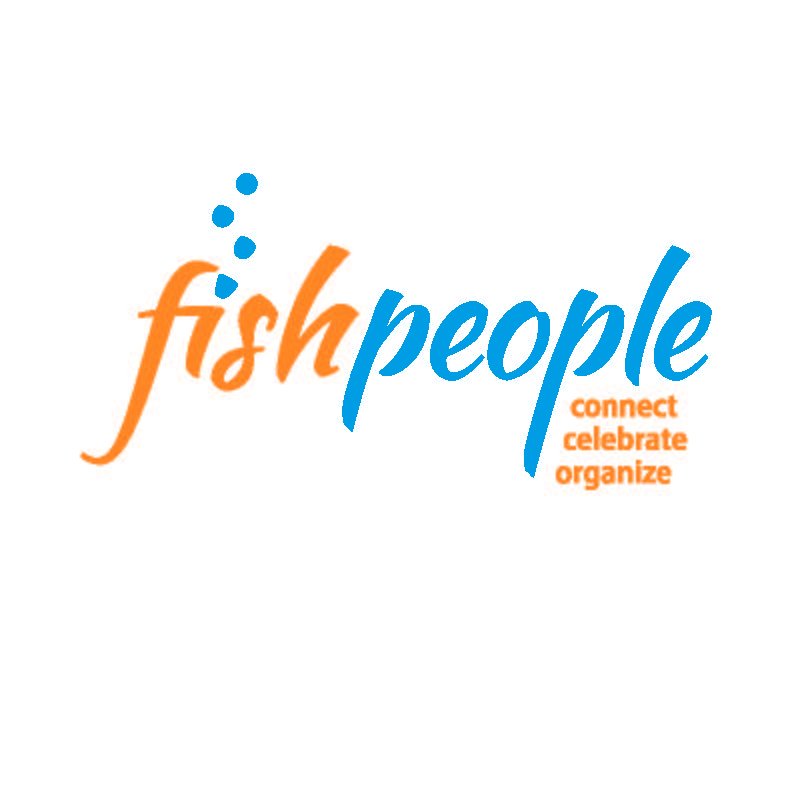
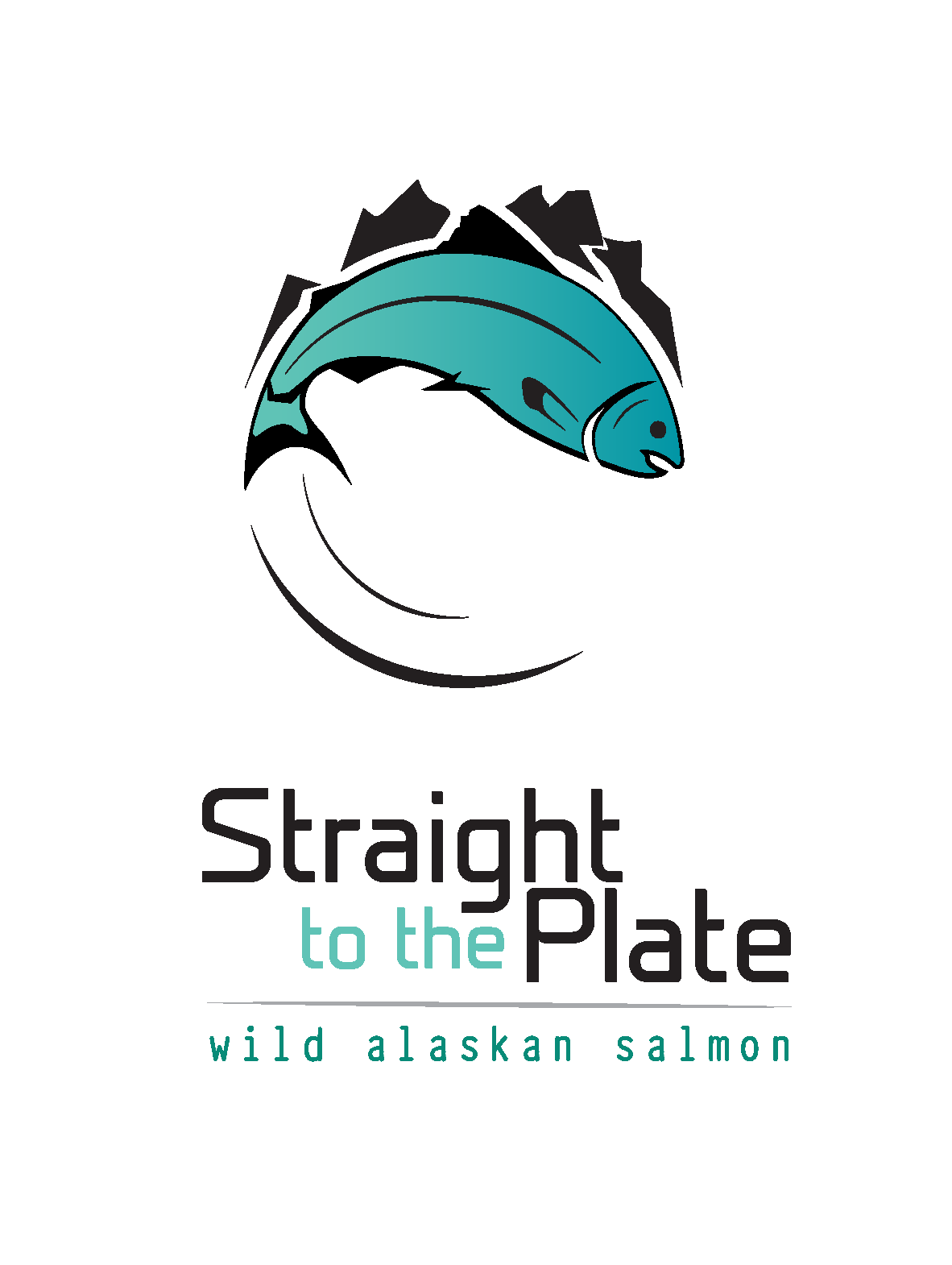
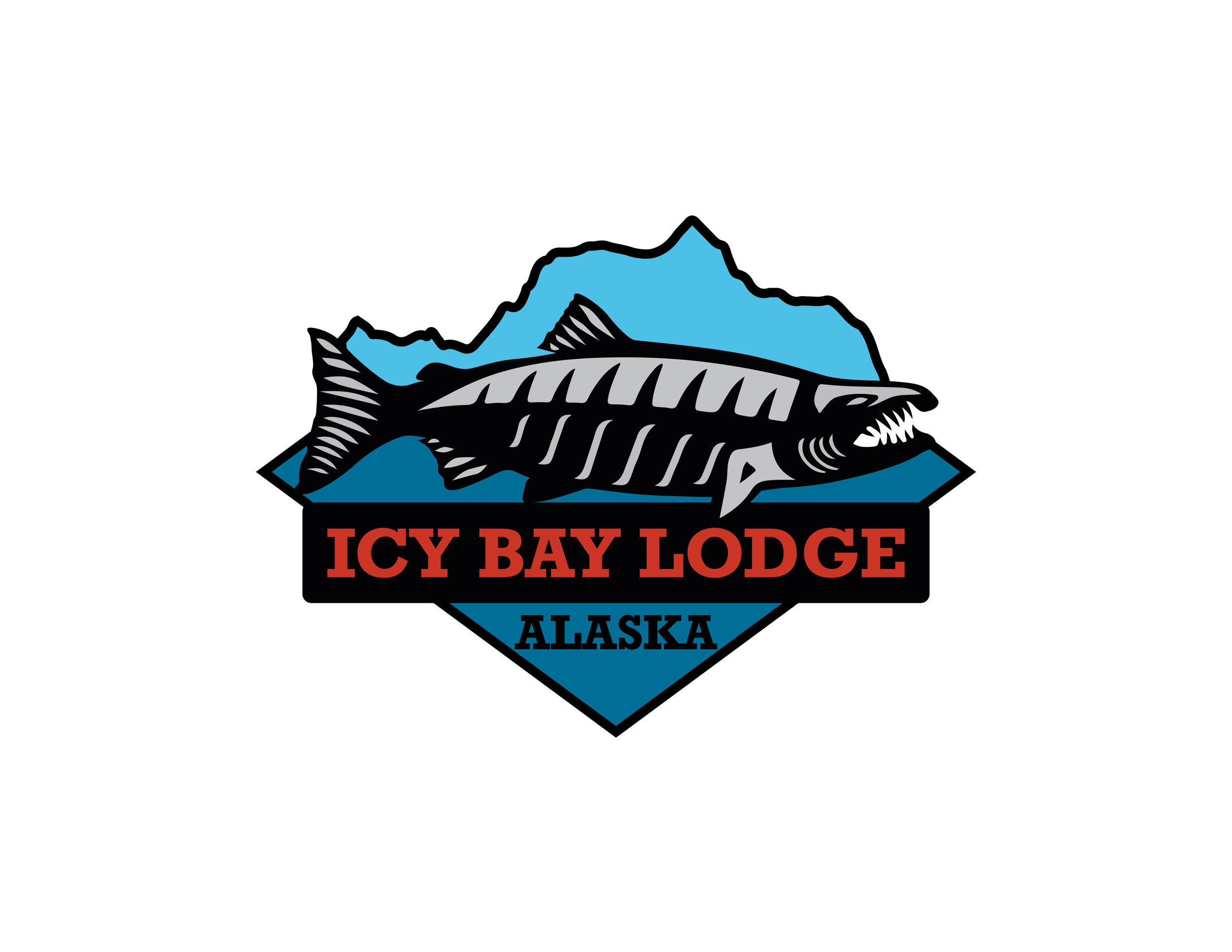
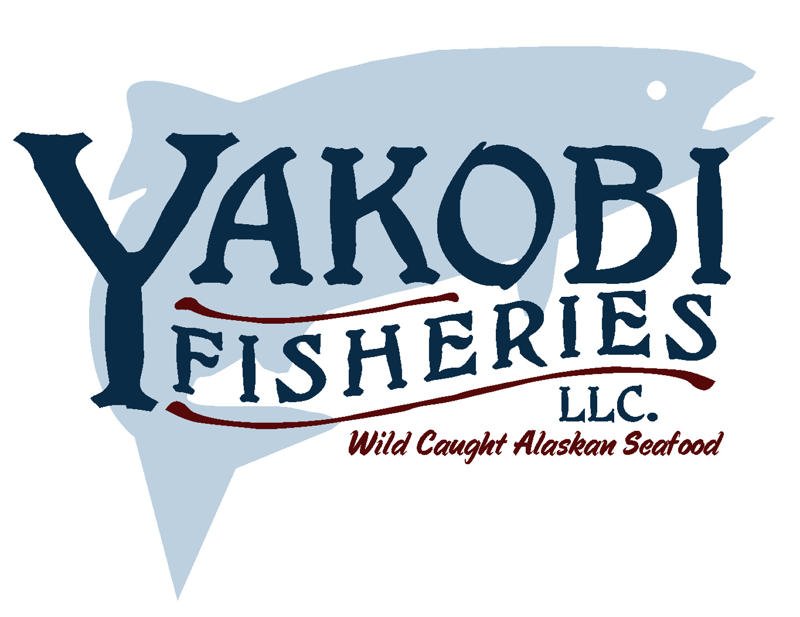
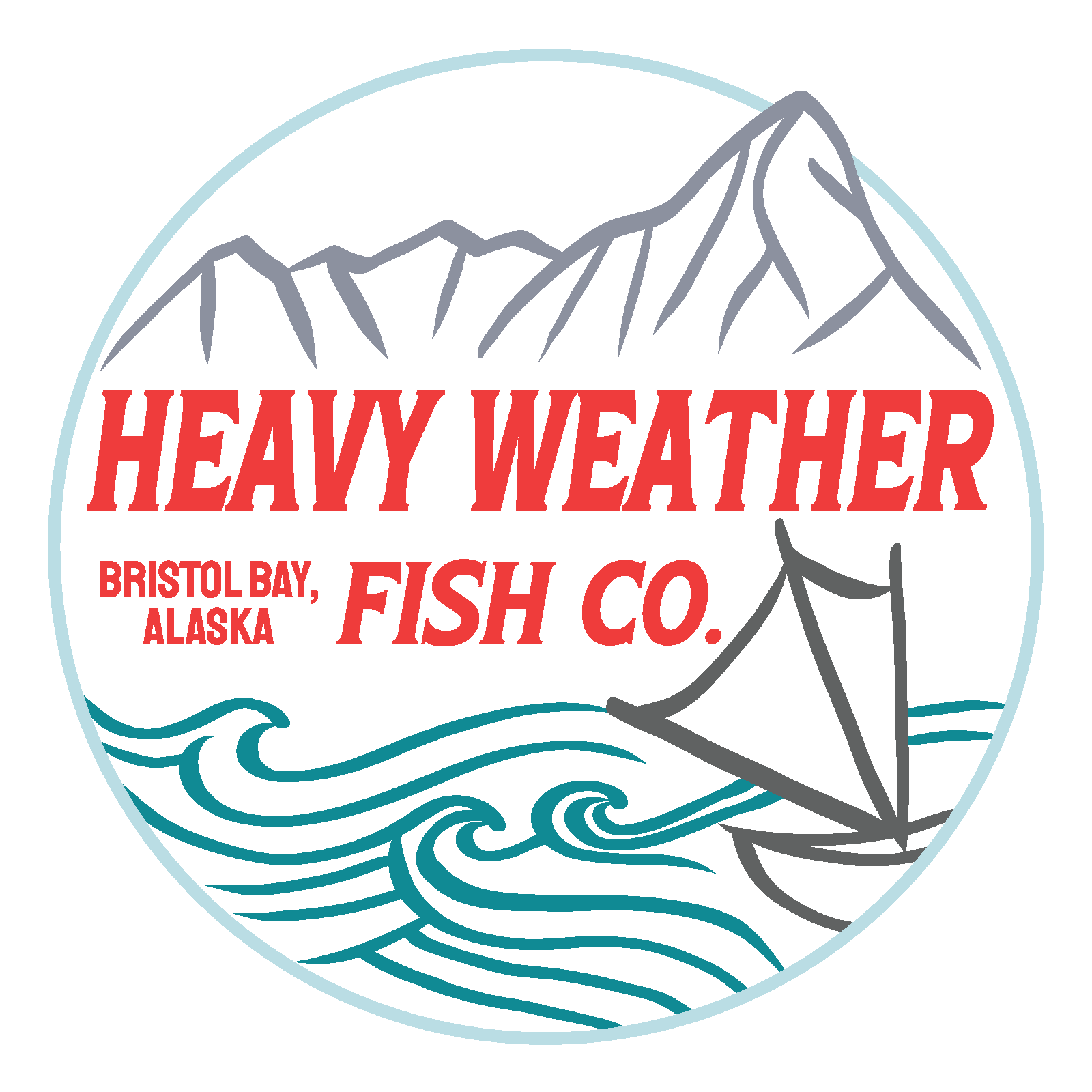

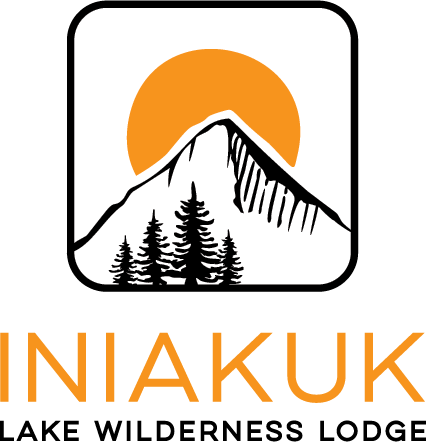
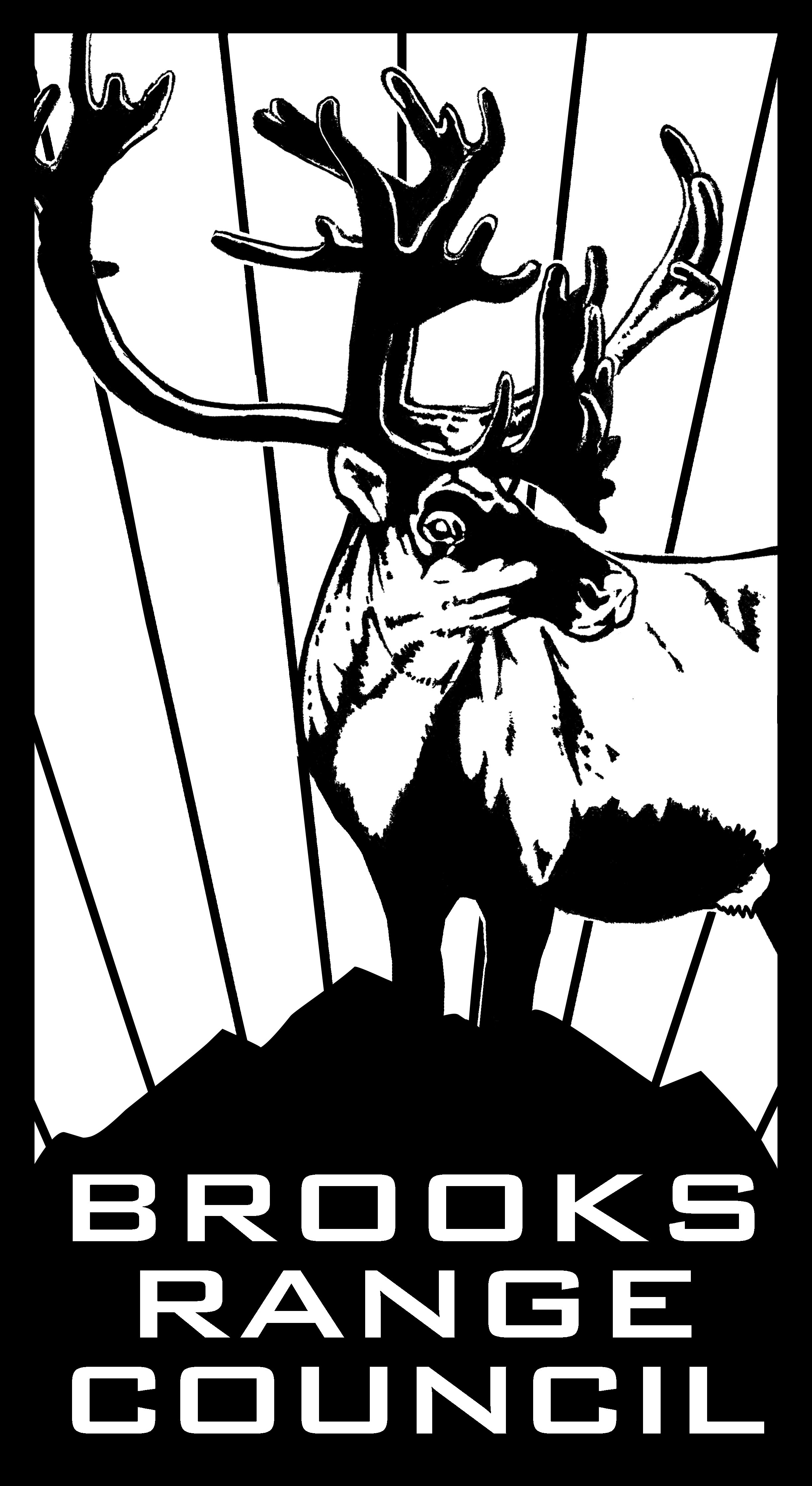
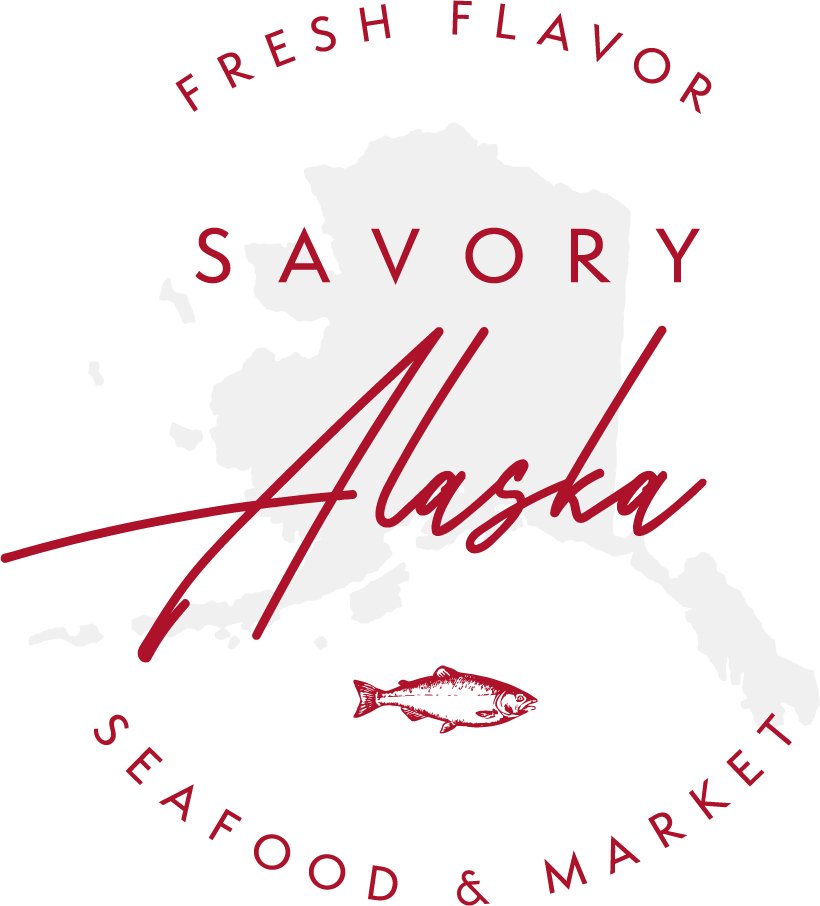


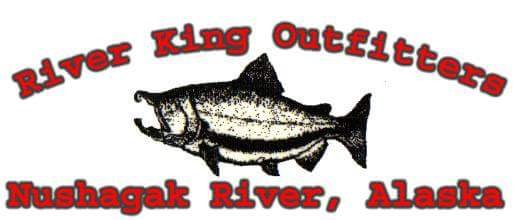

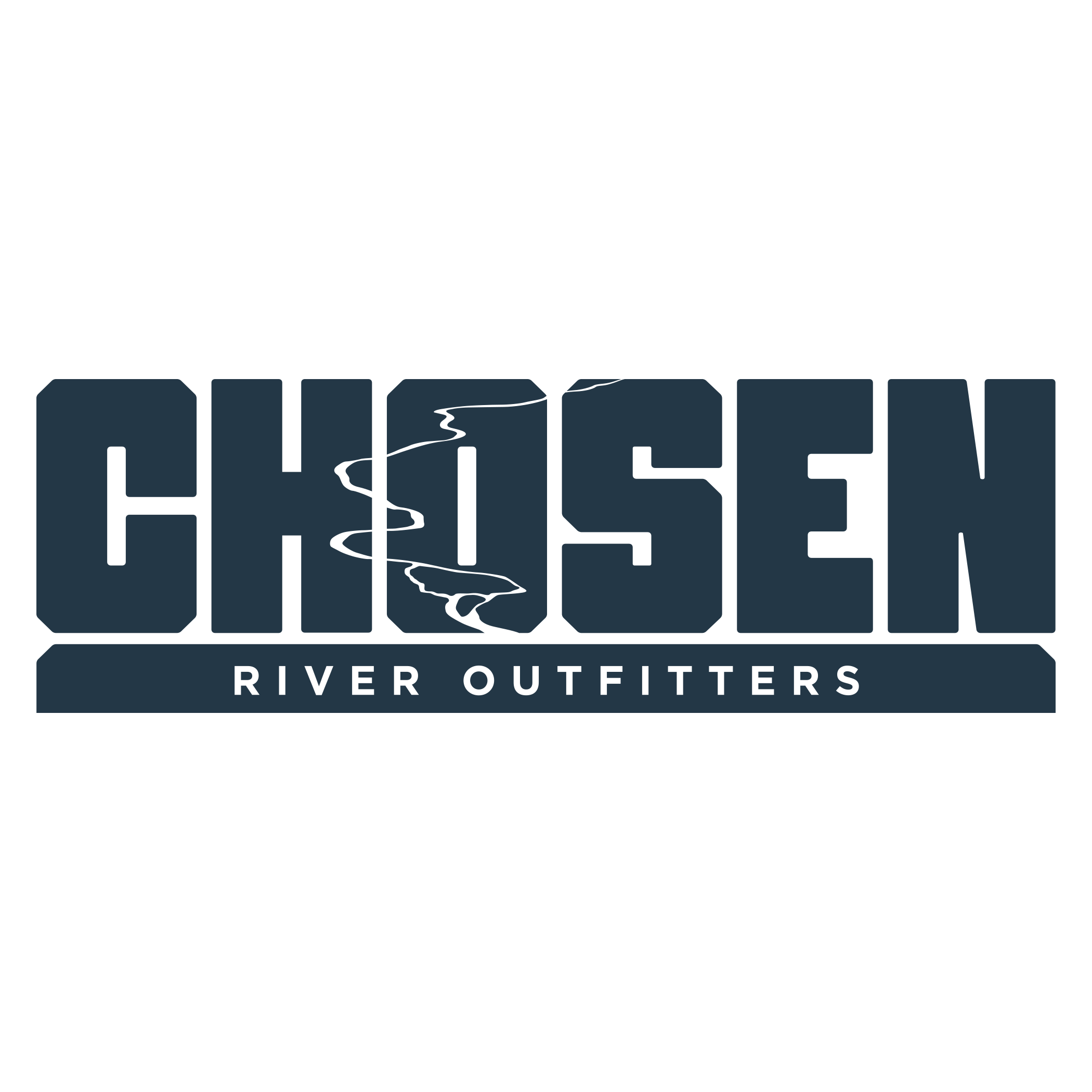
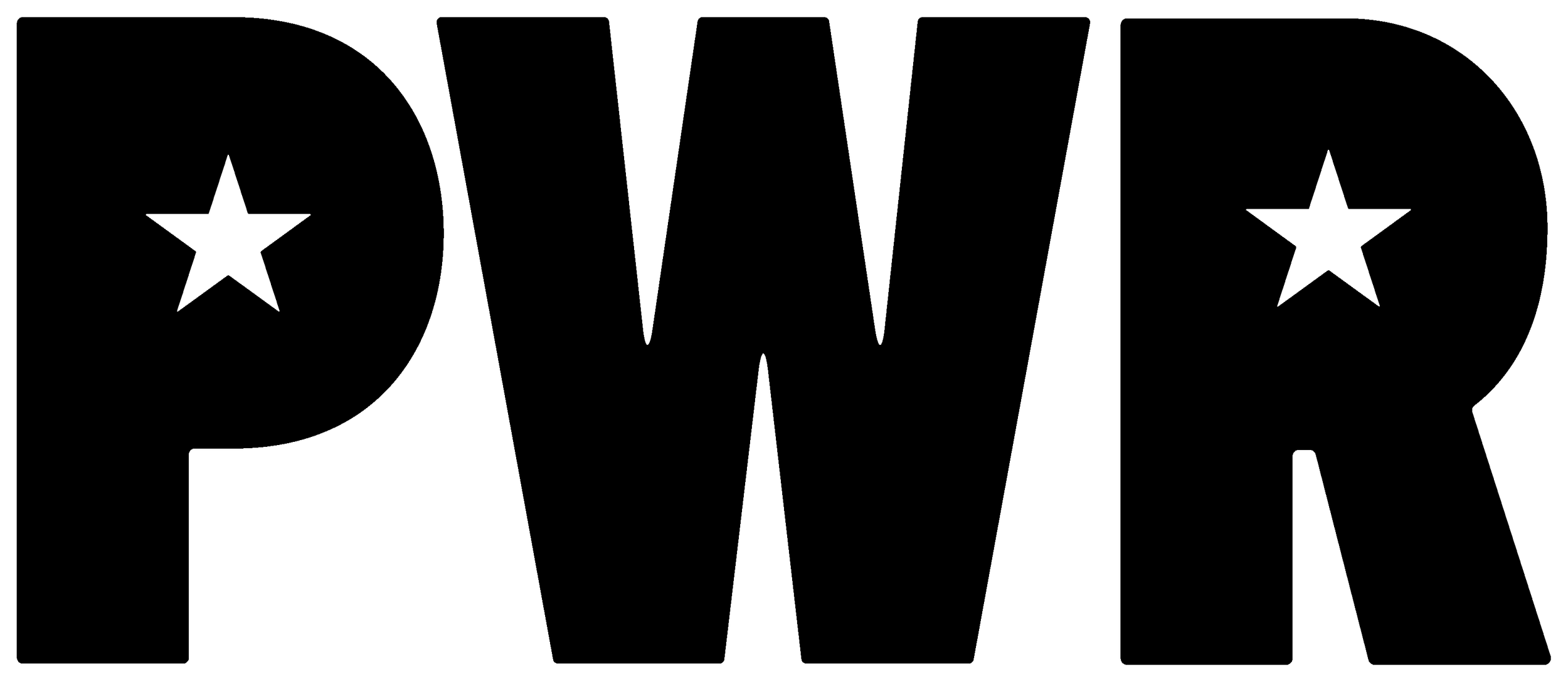
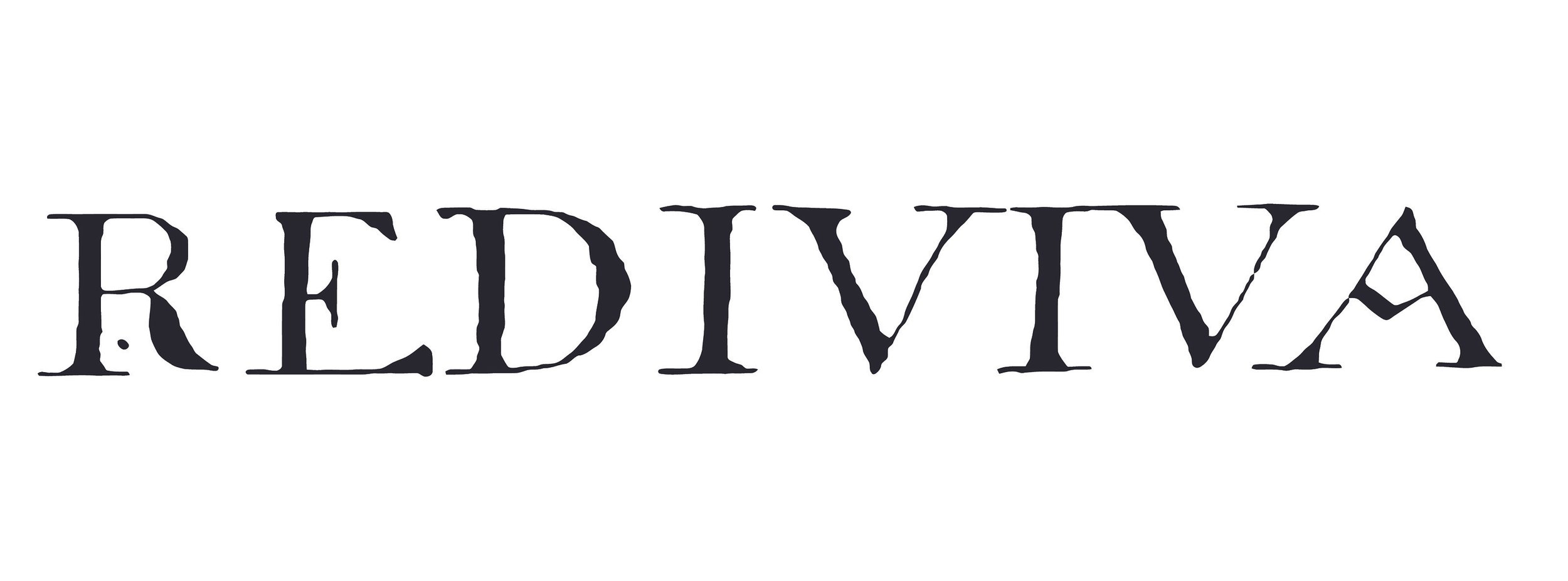

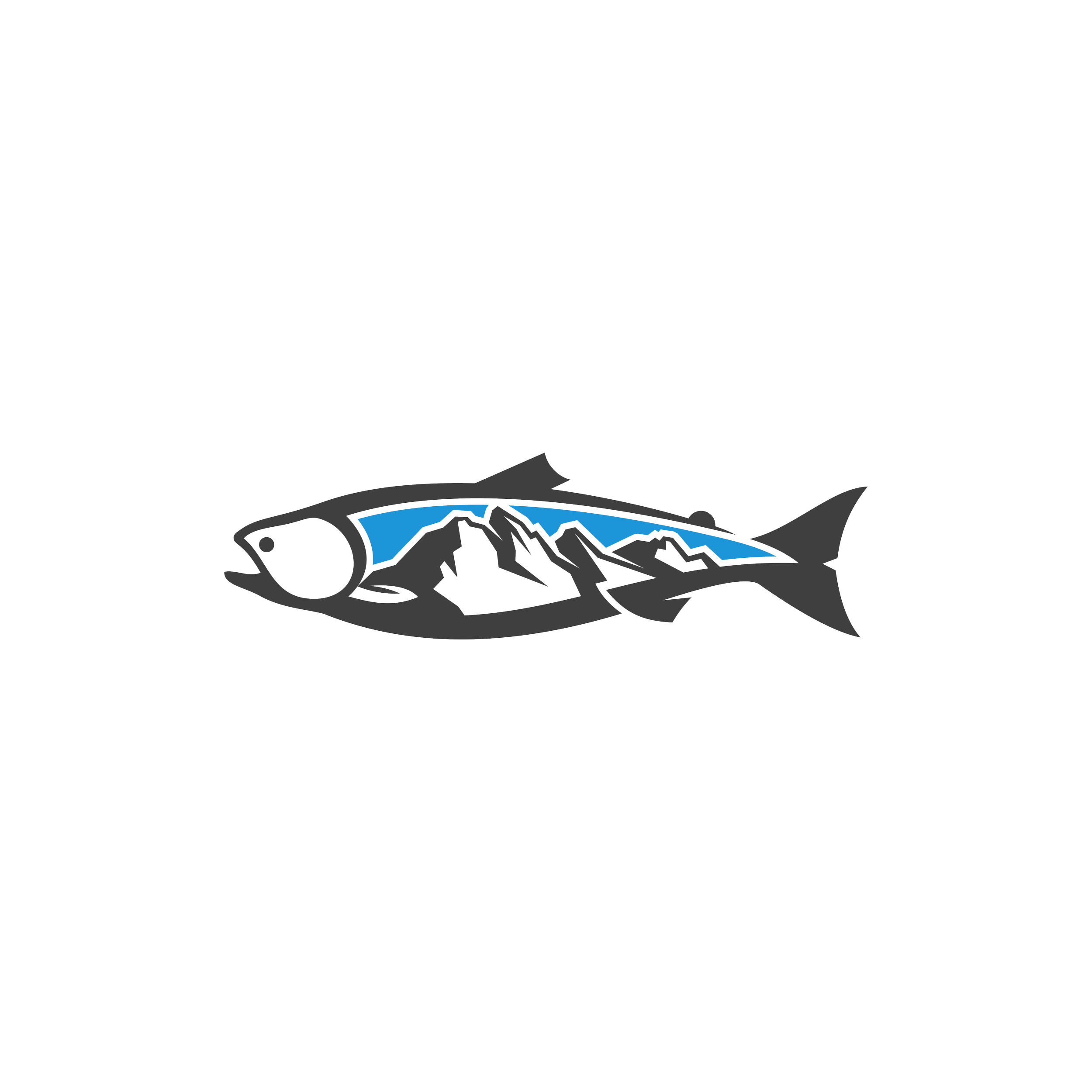
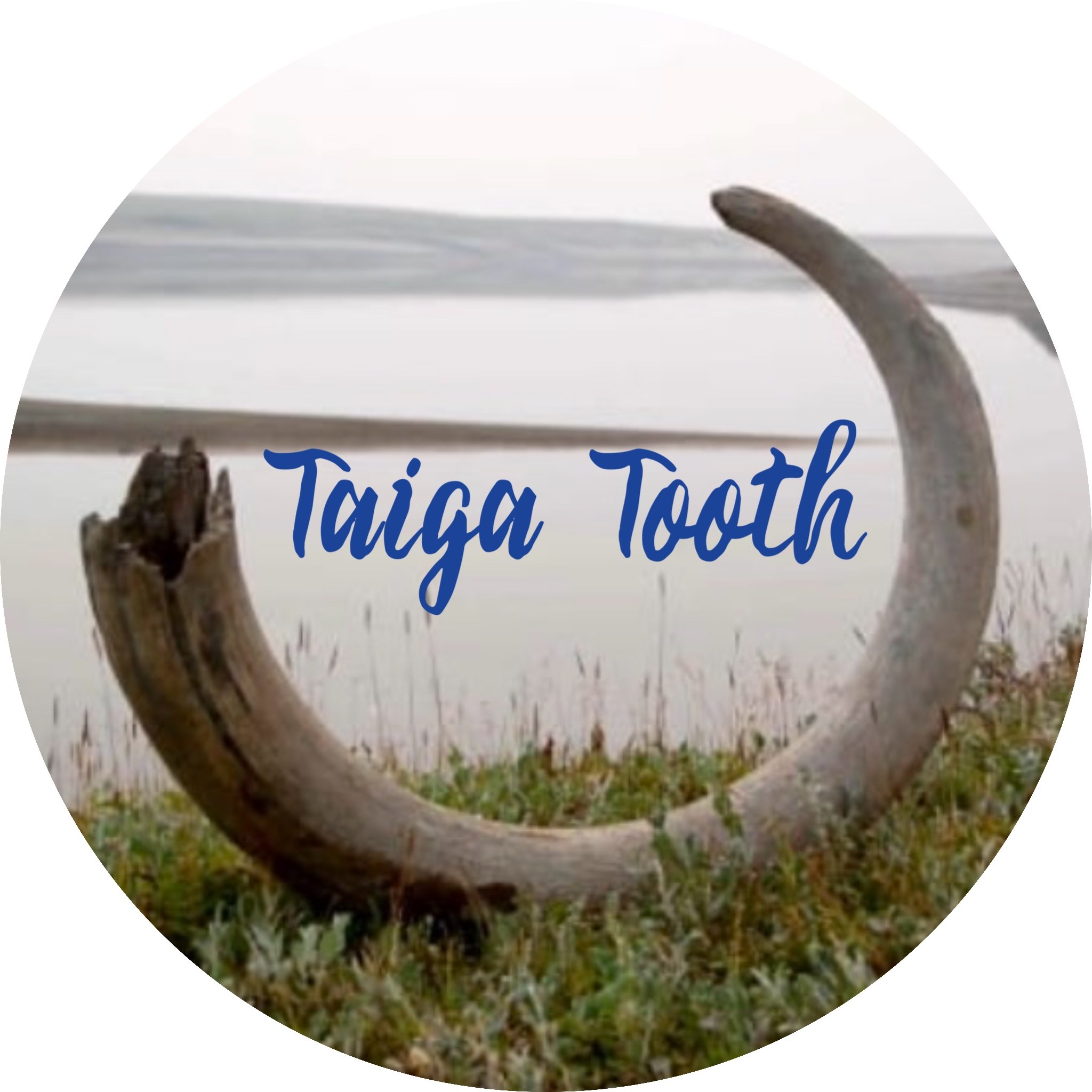

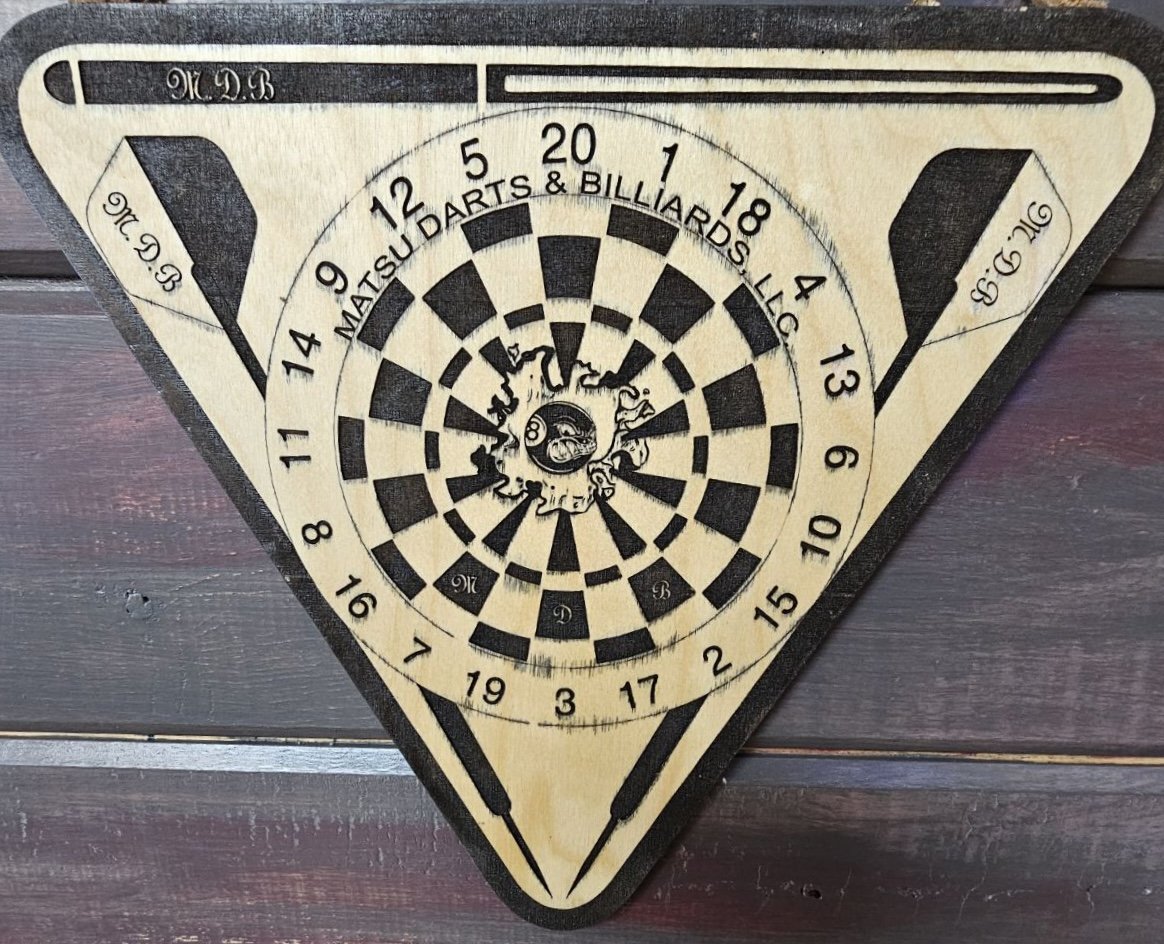

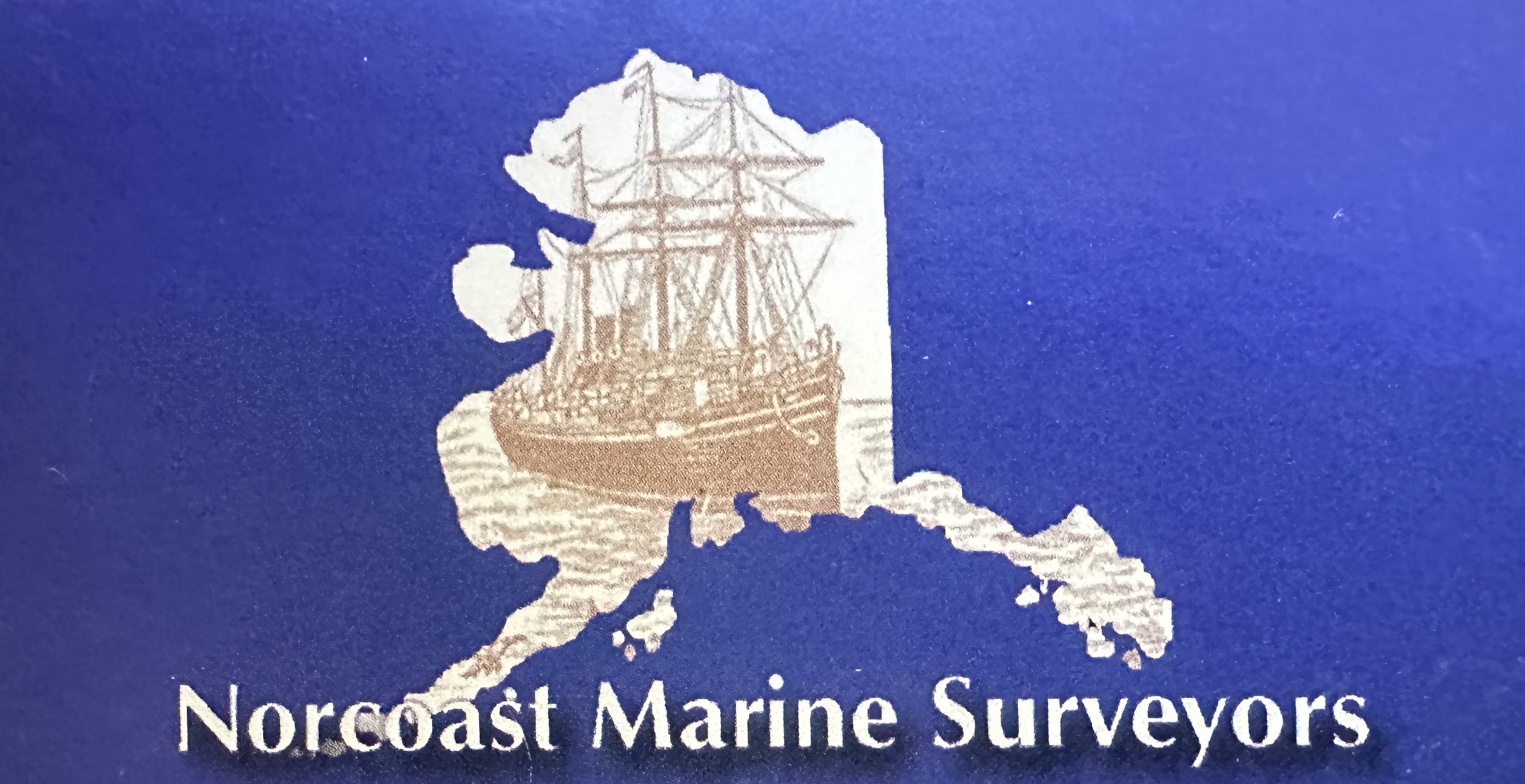
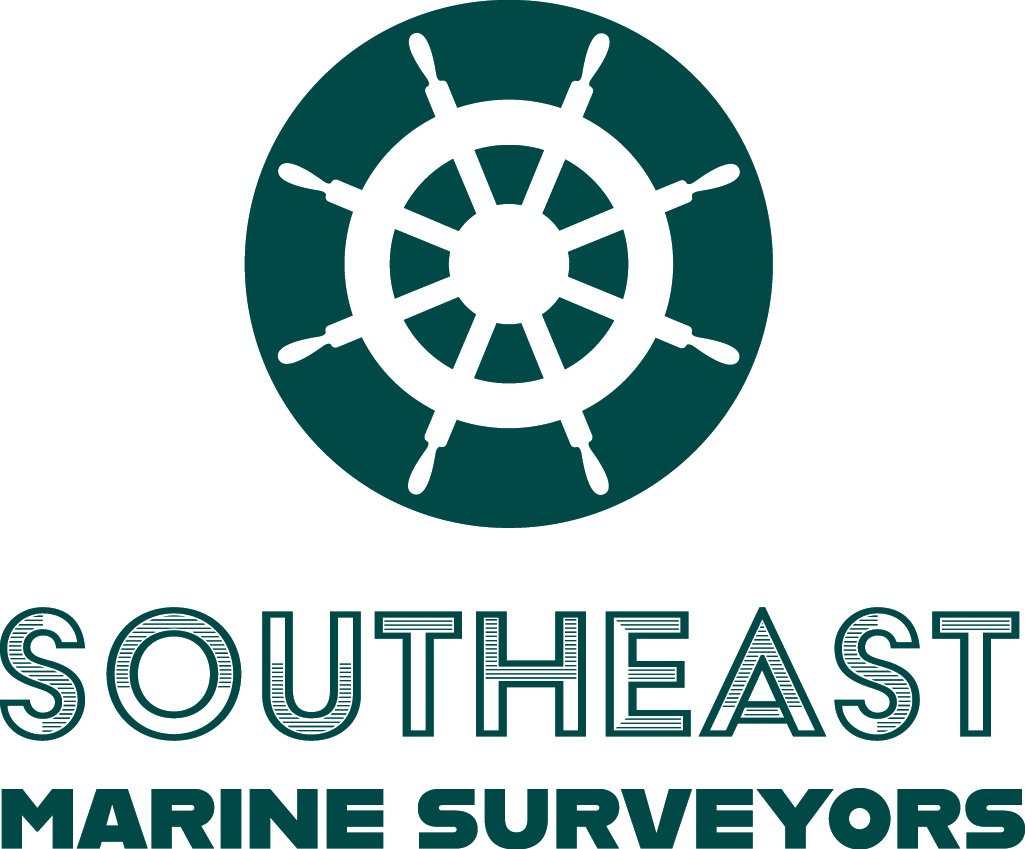
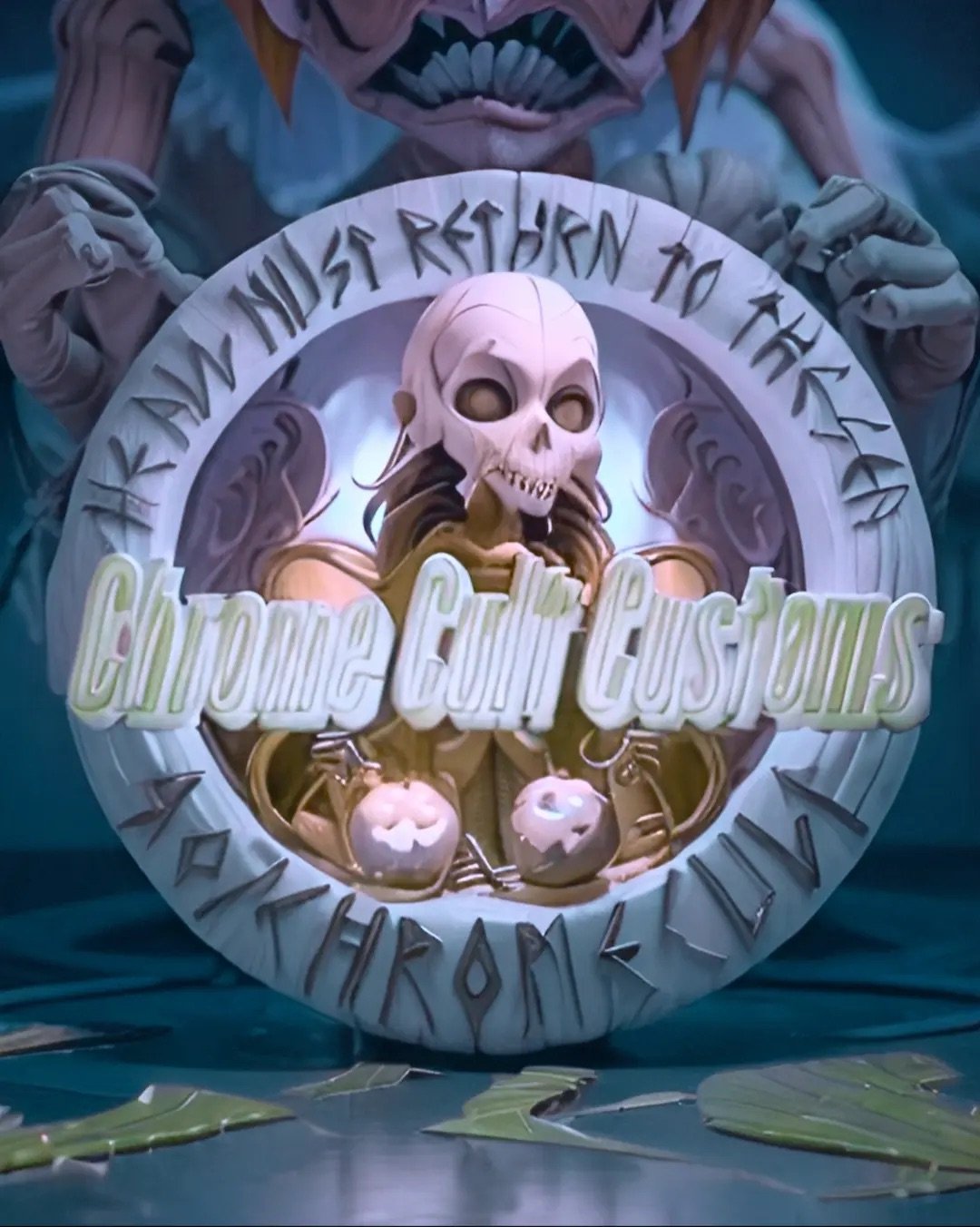
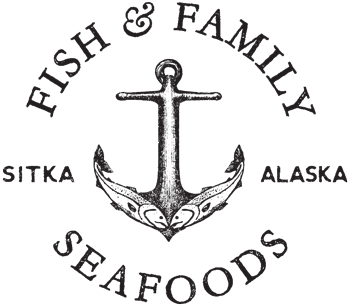

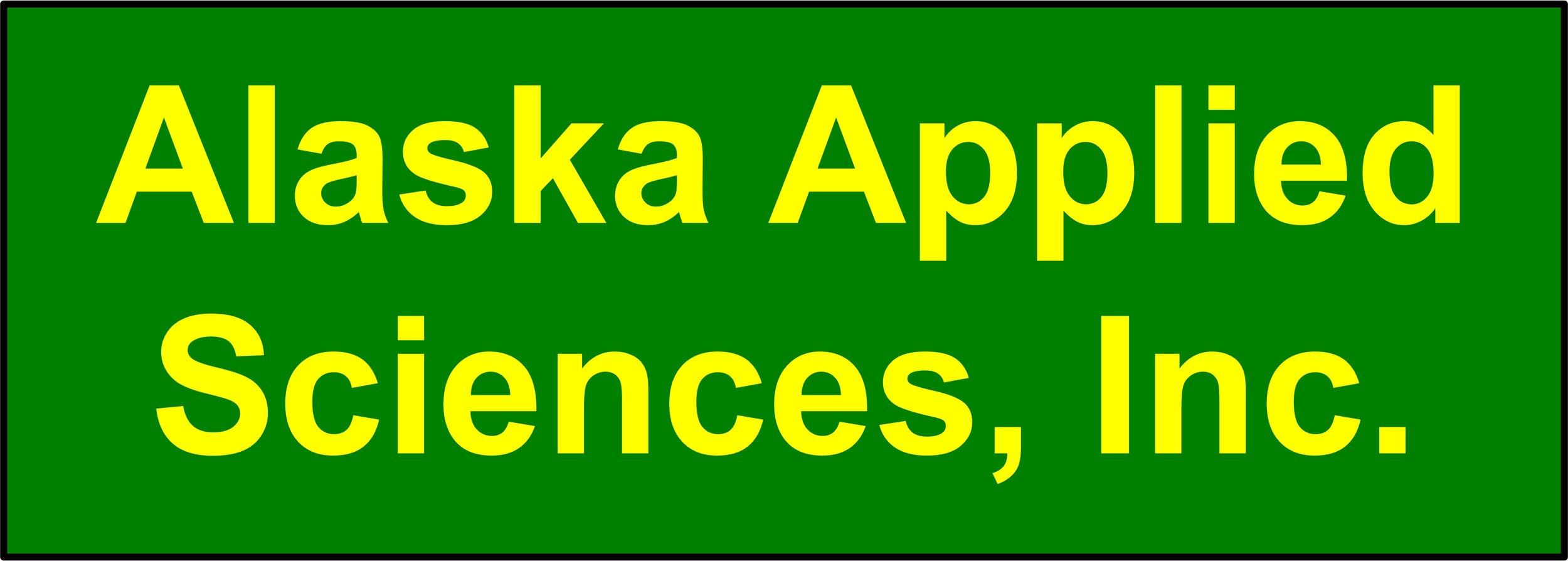
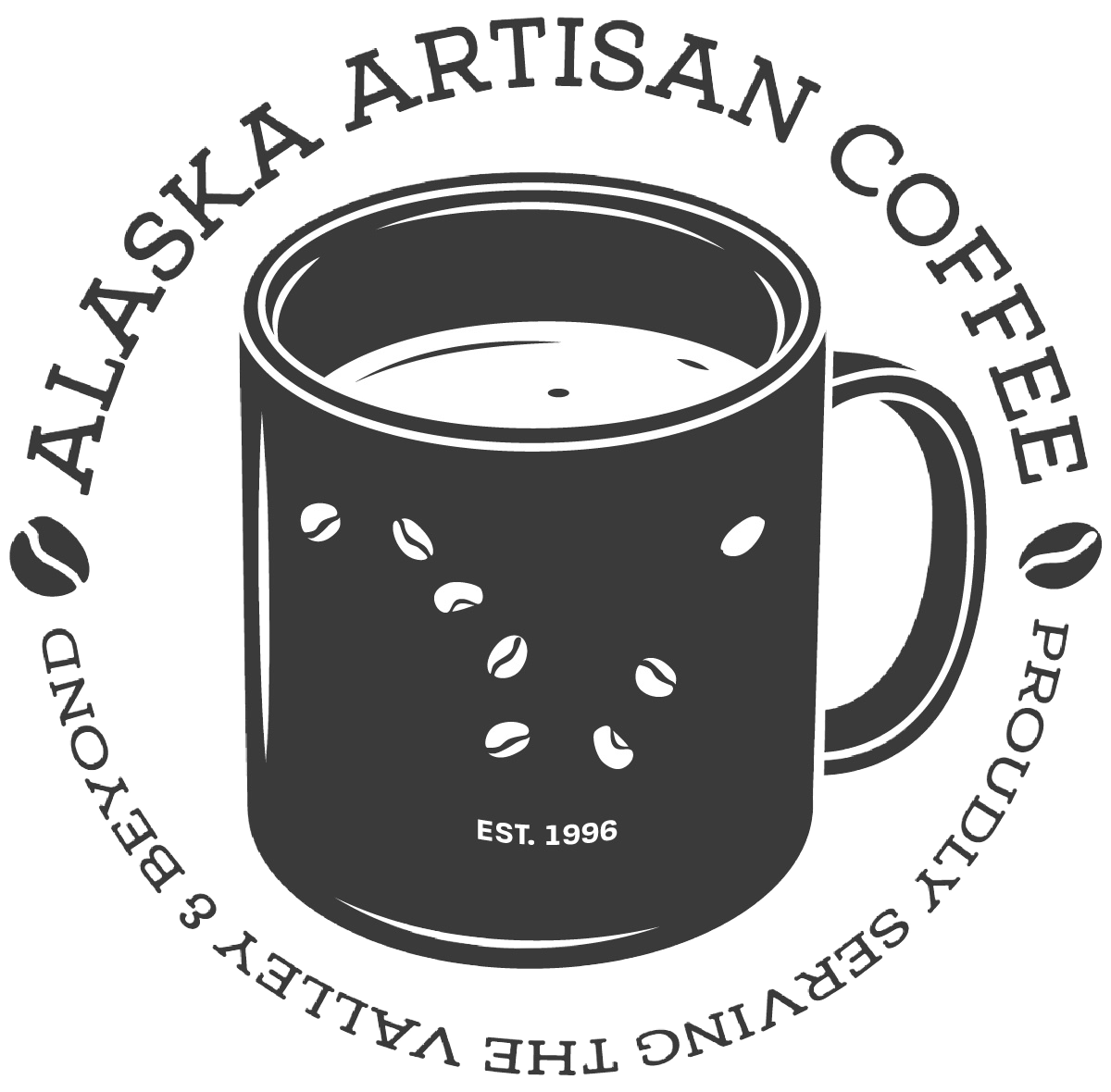

Animal Daycare & Boarding LLC

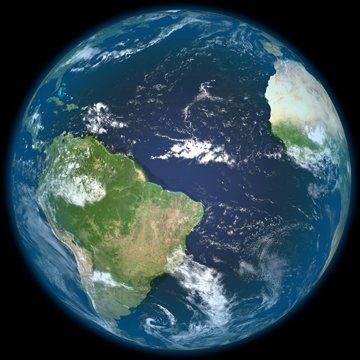
North American Climate, Conservation and Environment (NACCE)
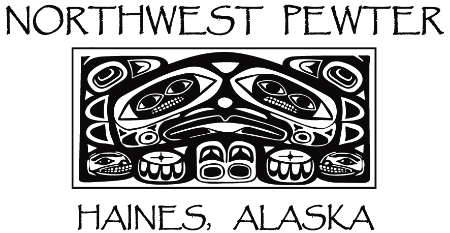

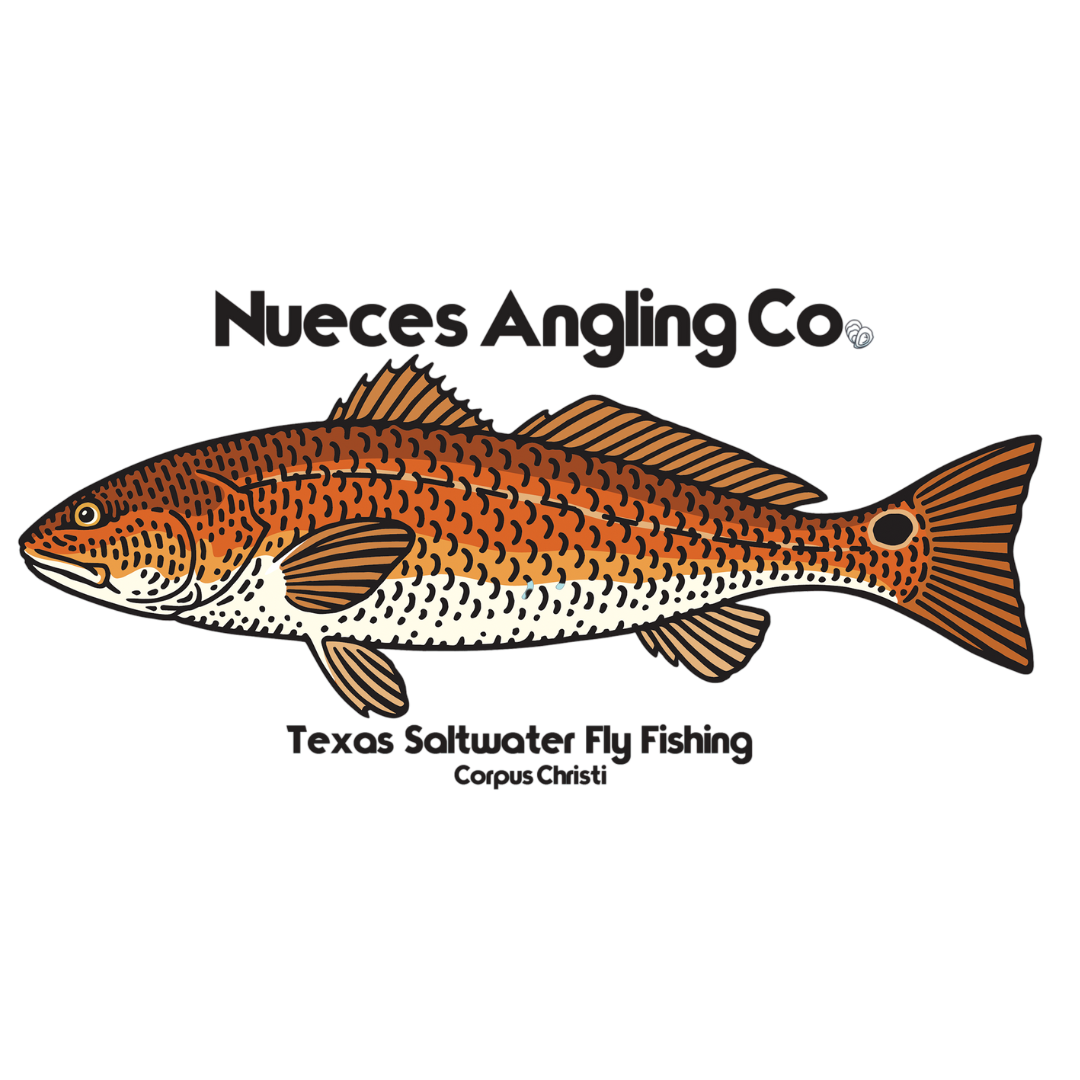

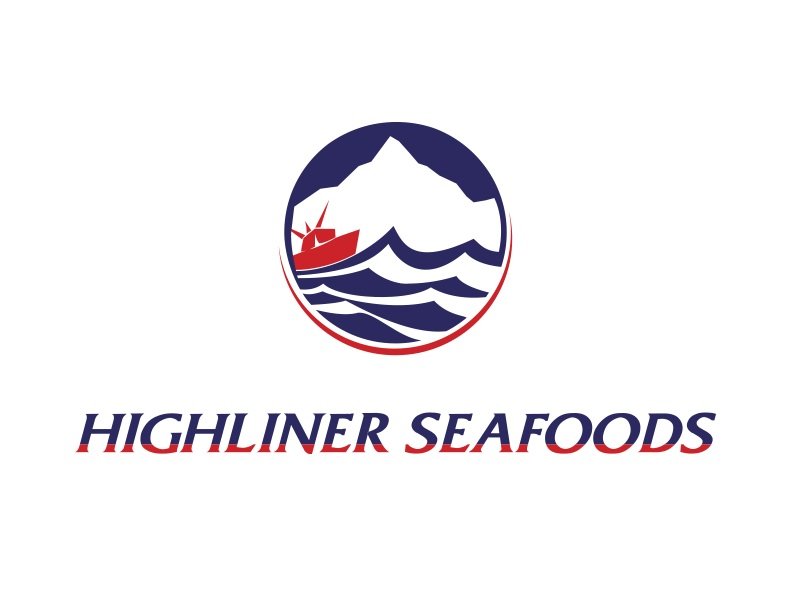
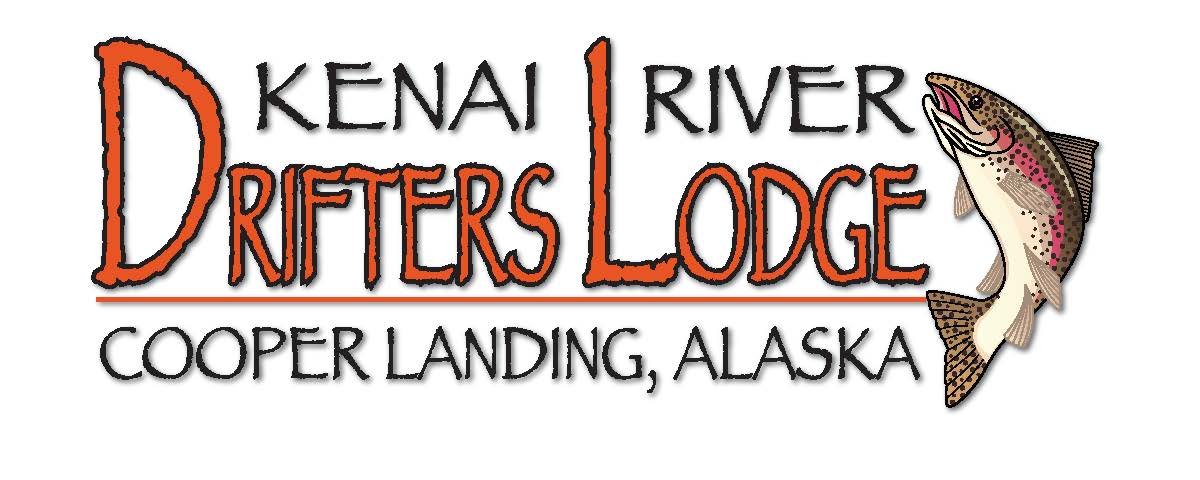







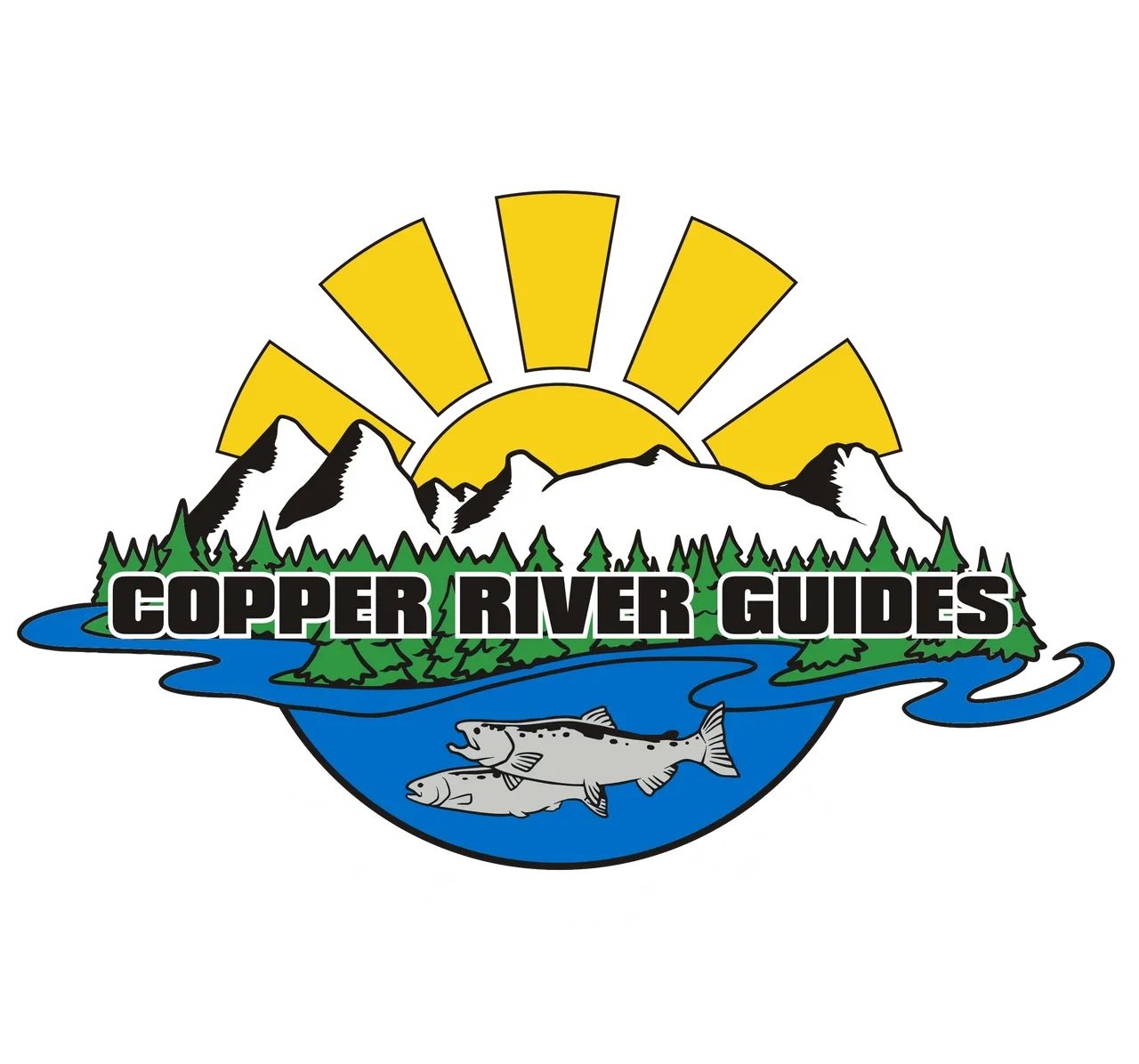






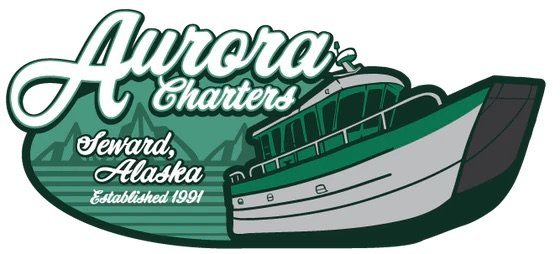

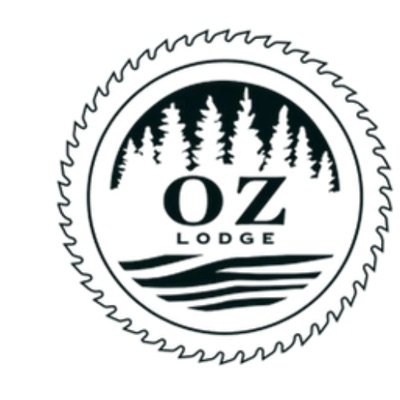


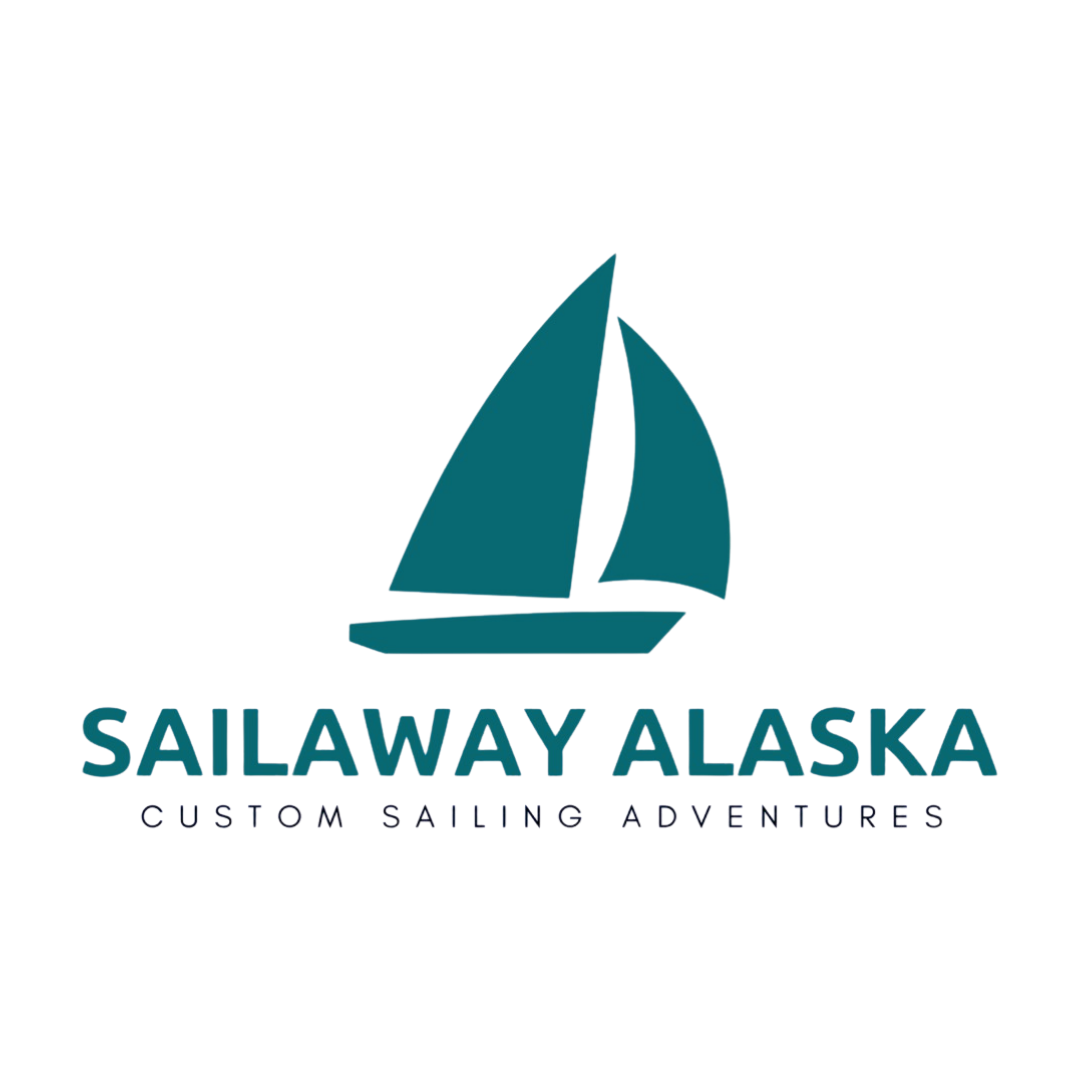
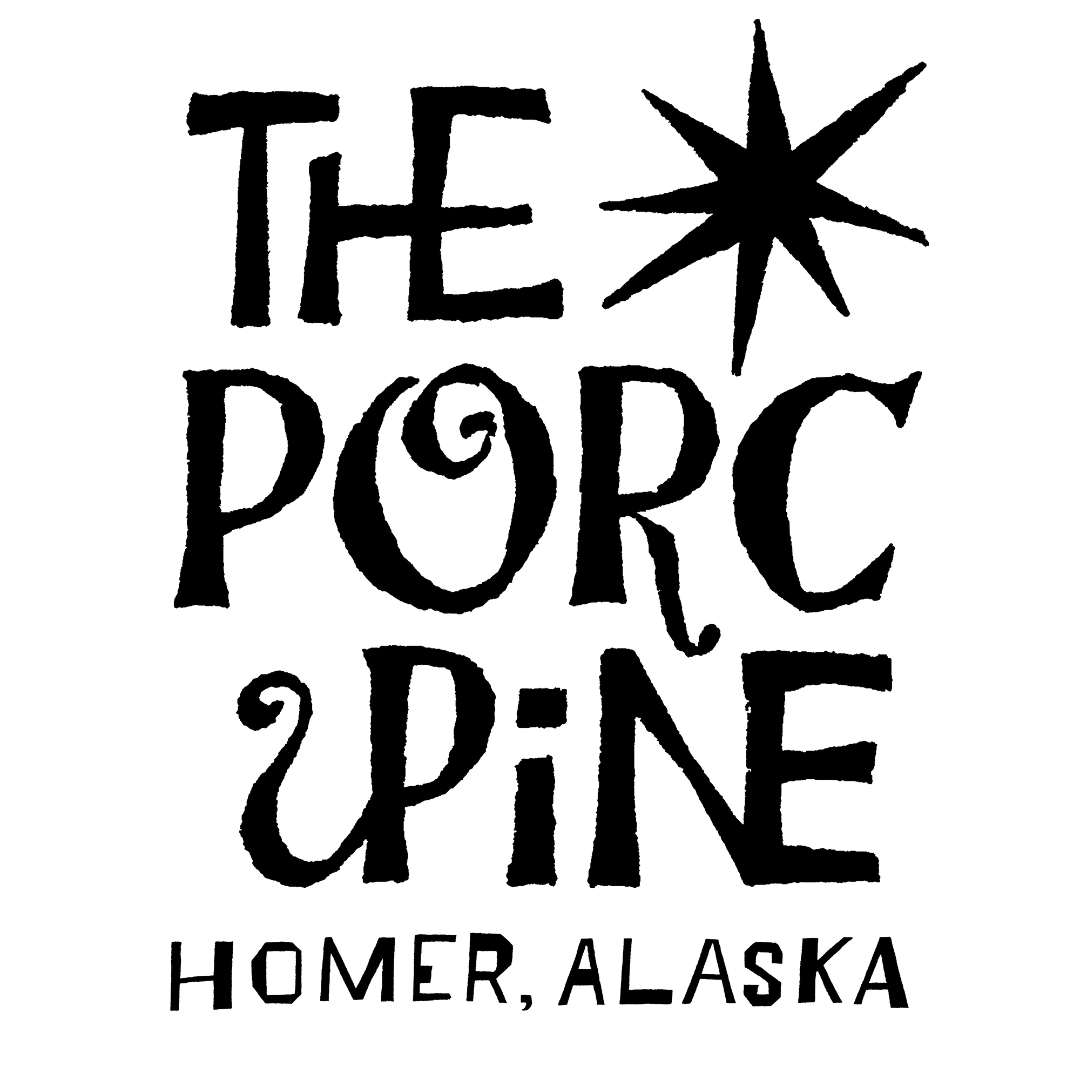


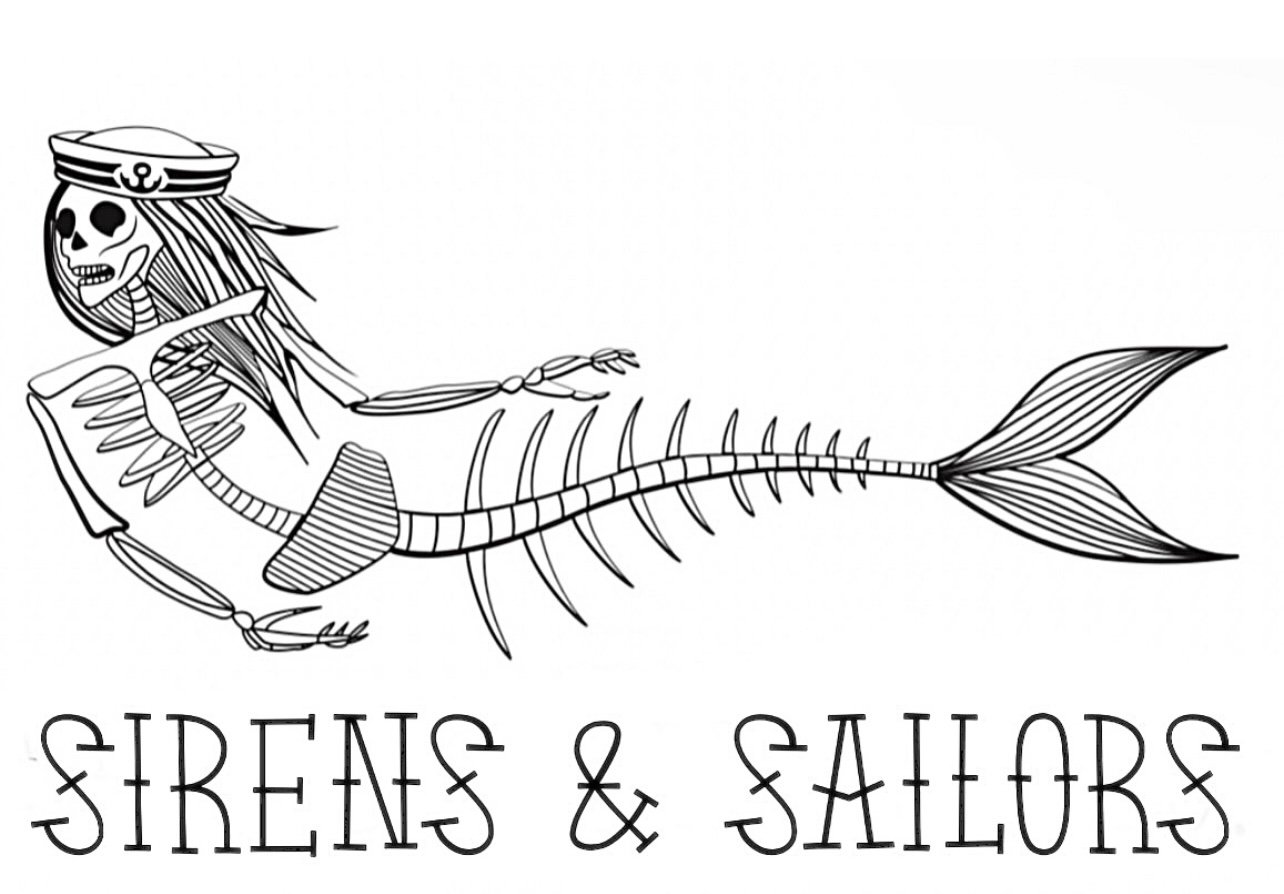
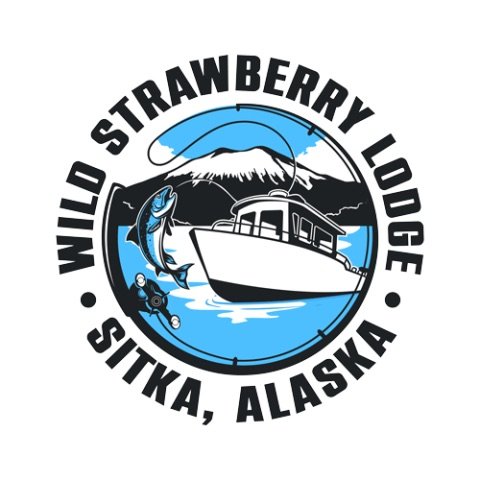
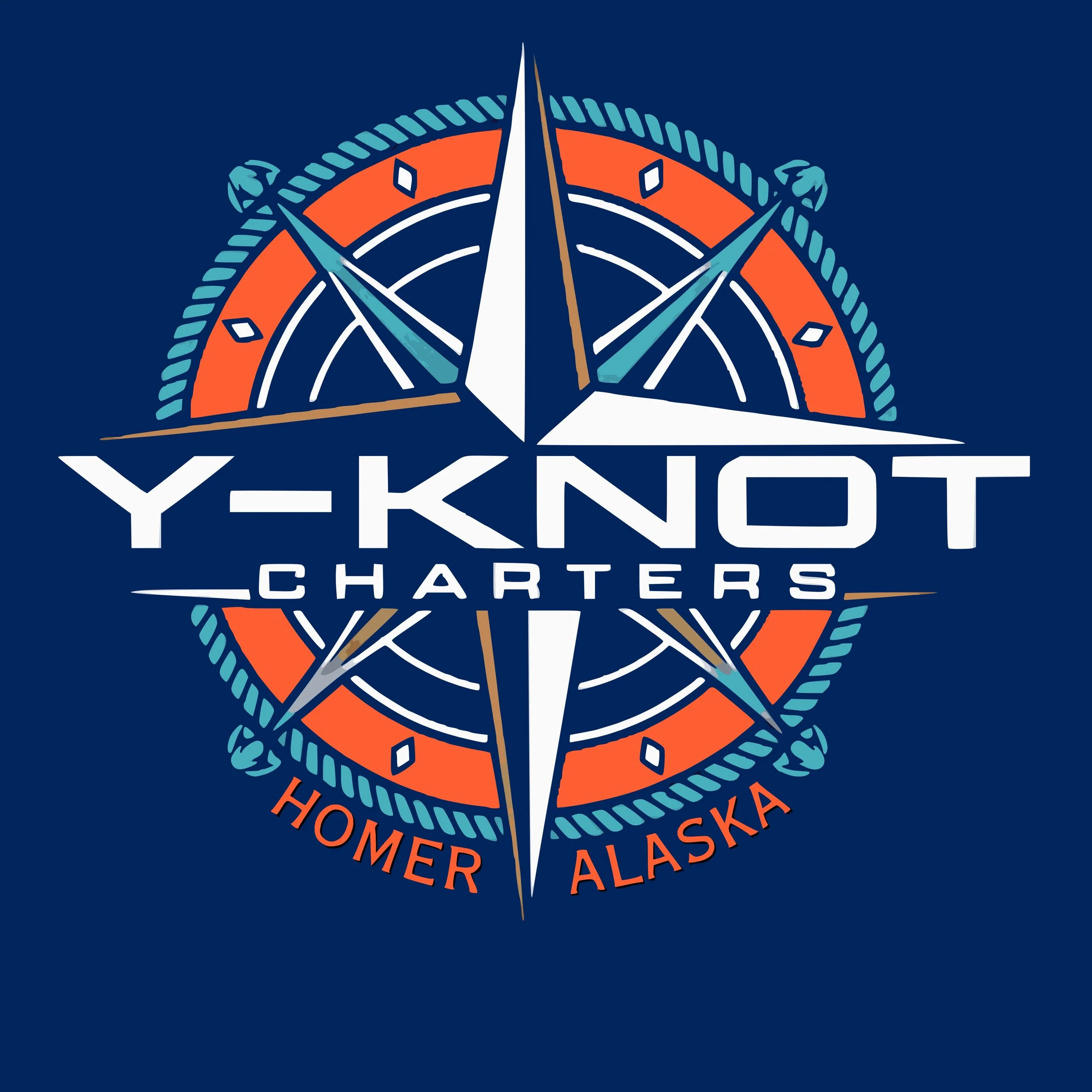
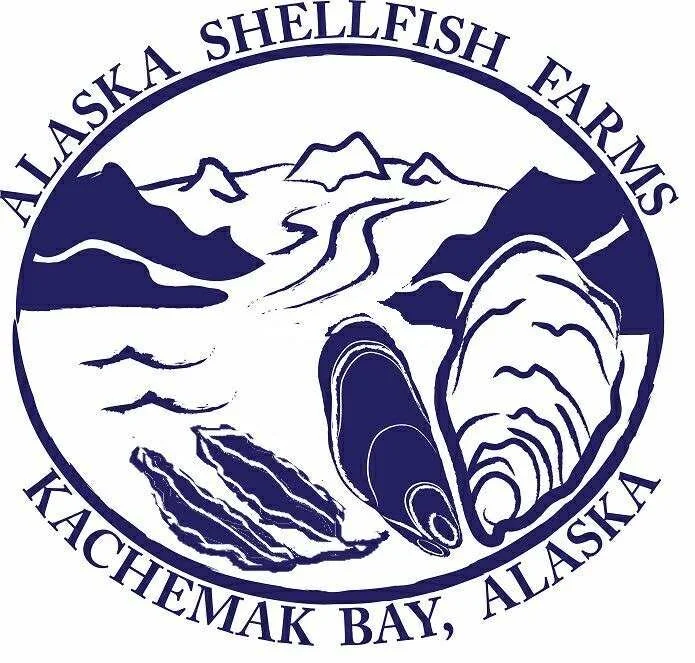


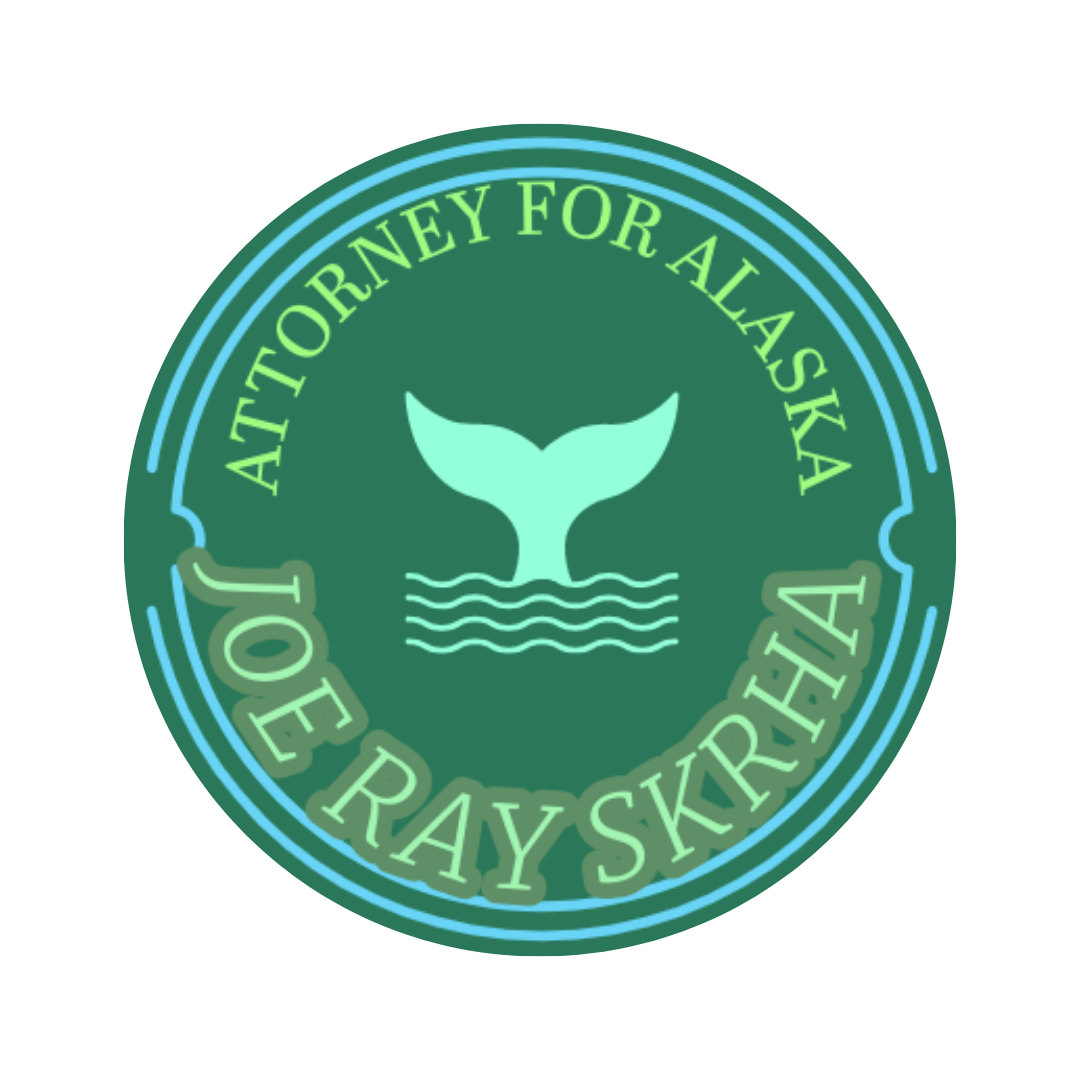








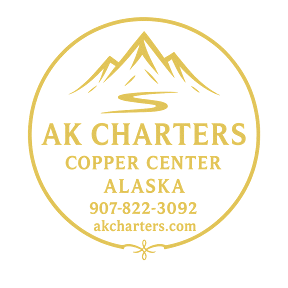

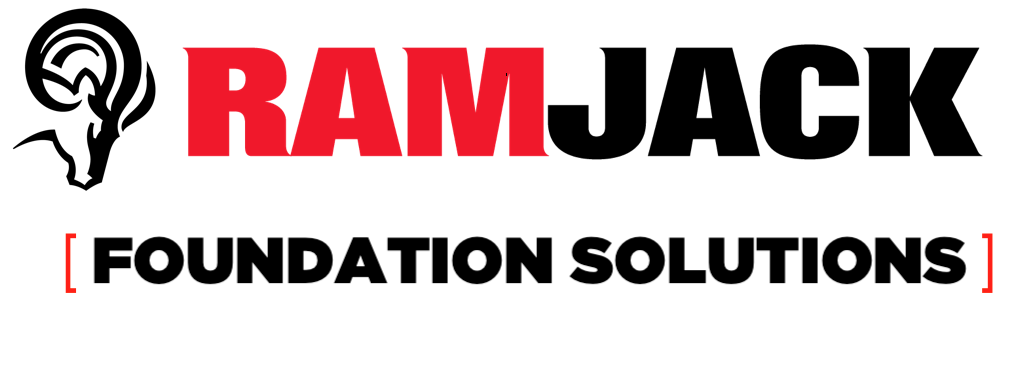
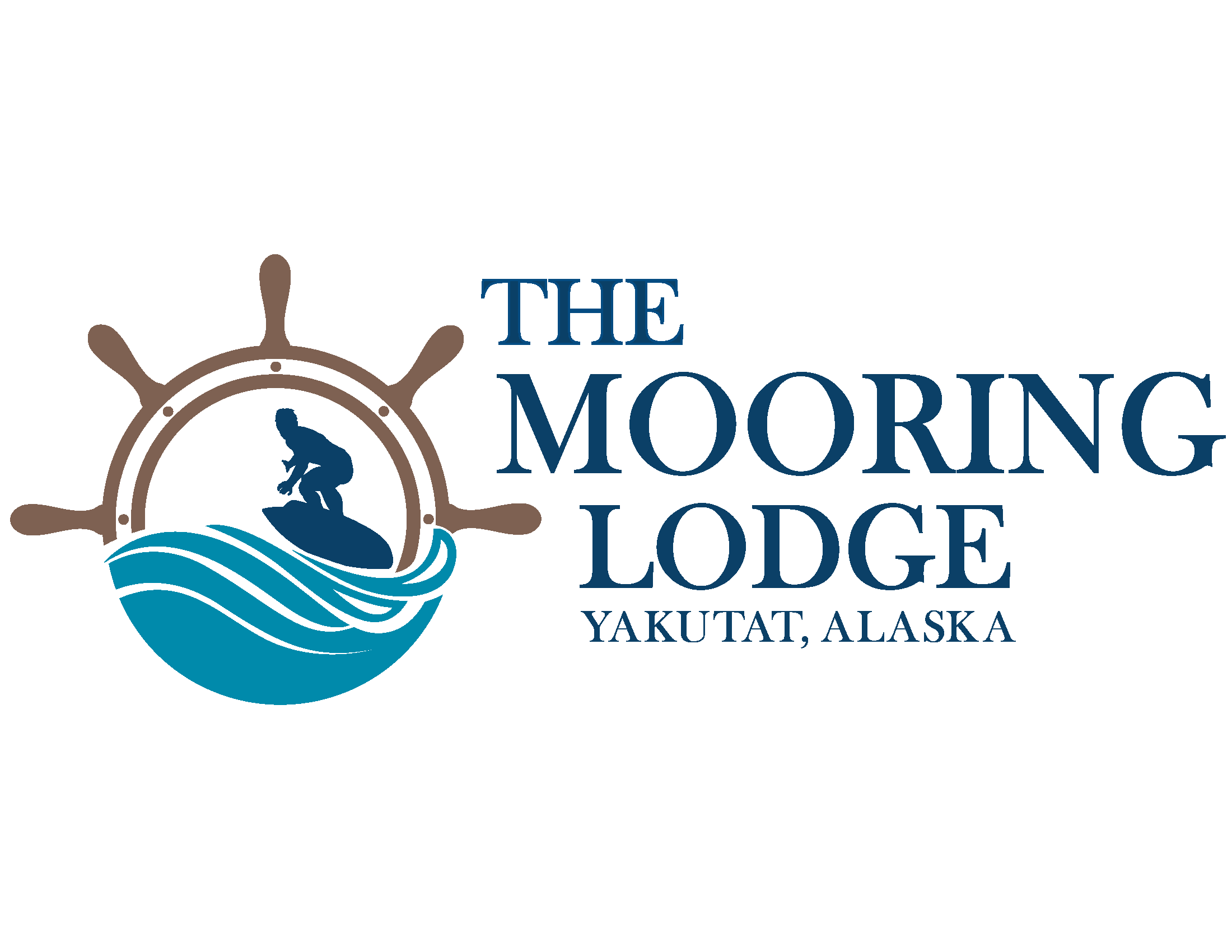

F/V Surrender
Gravity Works, LLC
Easy Freeze Inc
Additional Businesses
More info
What is trawling?
Illustration credit: Oceana
Trawlers tow nets the size of a football field through the water column, catching everything in their path. This extractive fishing practice leads to the “incidental” catch of non-target species, commonly known as bycatch. Bycatch cannot legally be retained, so the majority of it is discarded with a small percentage donated.
Trawlers can generally be organized into pelagic trawlers, also called “midwater” trawlers, and bottom trawlers. Bottom trawlers drag their nets across the ocean floor to catch flatfish such as sole and flounder. Midwater trawlers target fish such as pollock in the middle of the water column. A recent report, however, found that “midwater” trawlers actually drag the seafloor between 40% and 80% of the time, on average, with rates up to 100% on factory ships, also called catcher/processors.
Trawling leads to millions of pounds of bycatch every year. In just 2023, trawlers in the Bering Sea and Gulf of Alaska bycaught 35,655 Chinook salmon, 122,279 chum salmon, 4.4 million pounds of halibut, 1.14 million individual crabs, 7.3 million pounds of herring, and 9 orcas.
How can this change?
The Bering Sea and the Gulf of Alaska’s health are tied to Alaska’s economy and coastal communities. We must ensure that we have durable legislative safeguards that restore equity in fisheries management, protect habitat, and stop wasteful trawl bycatch.
